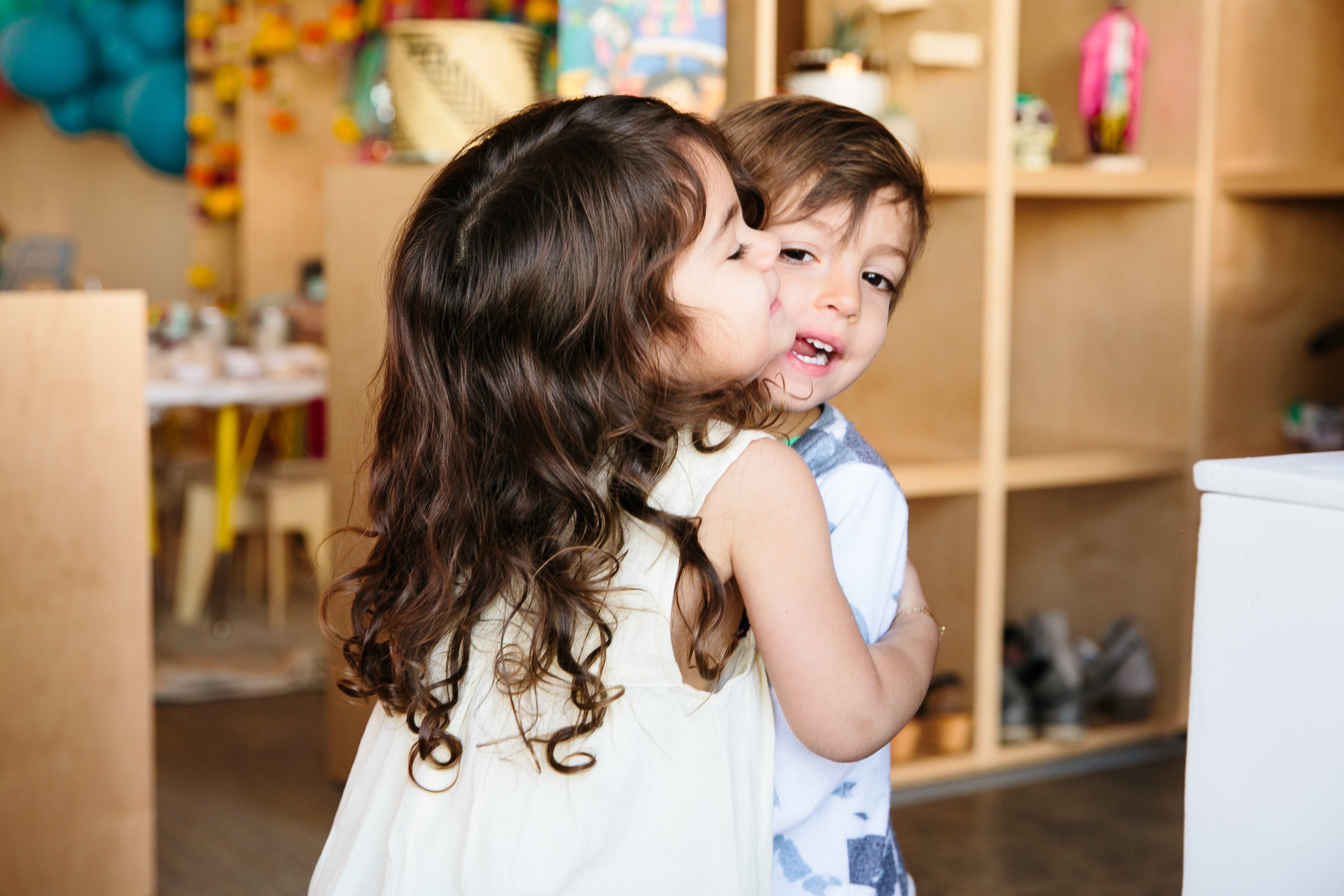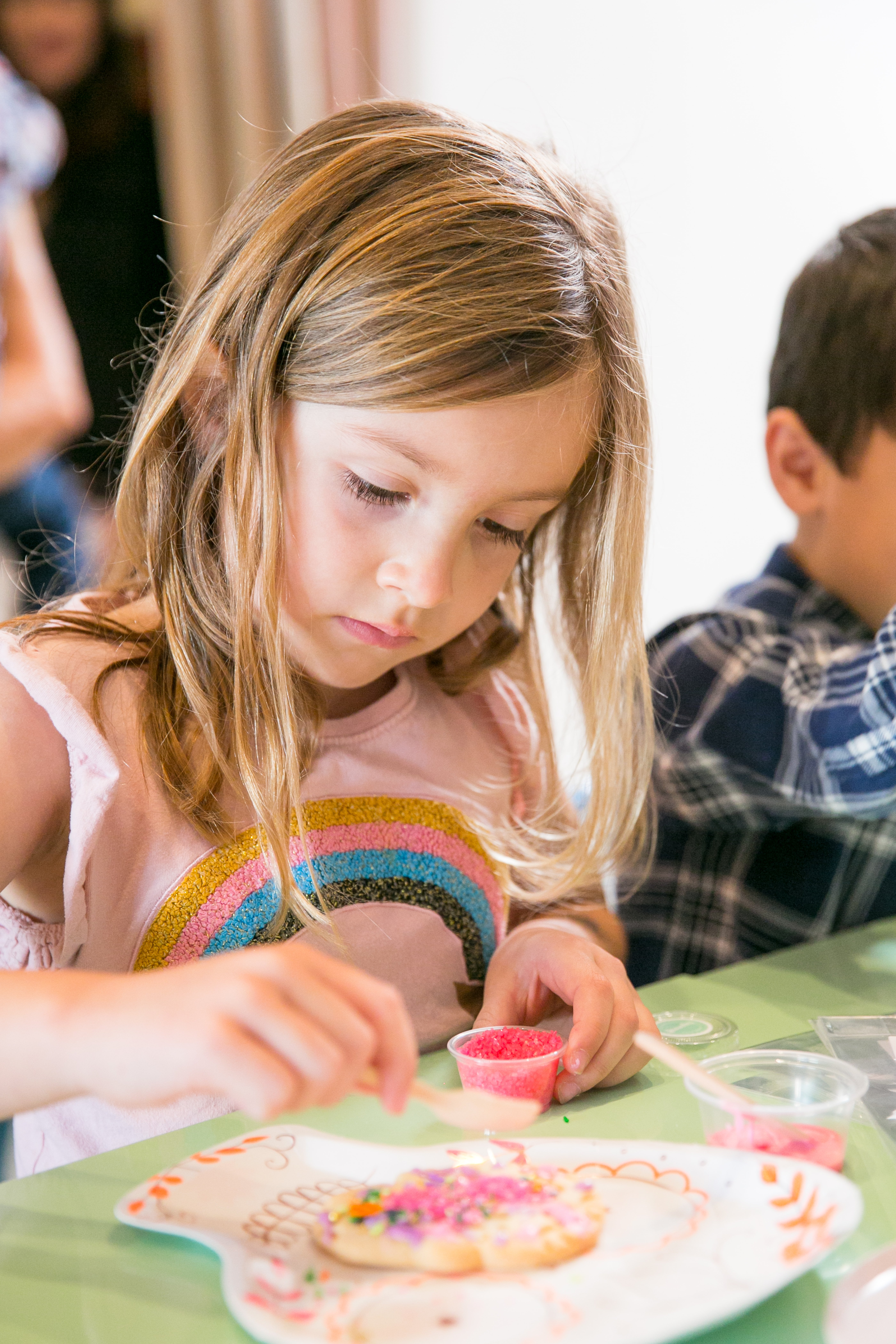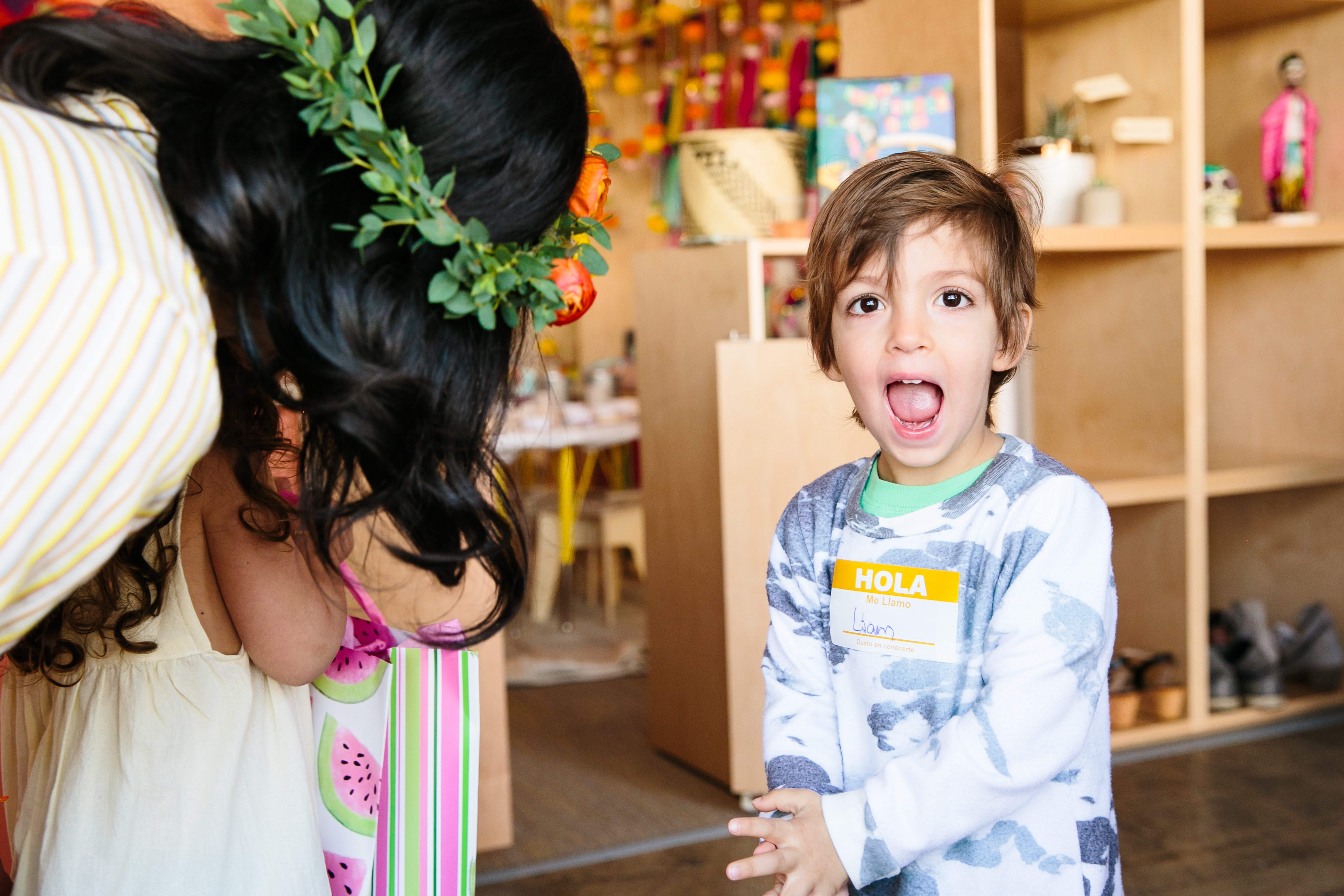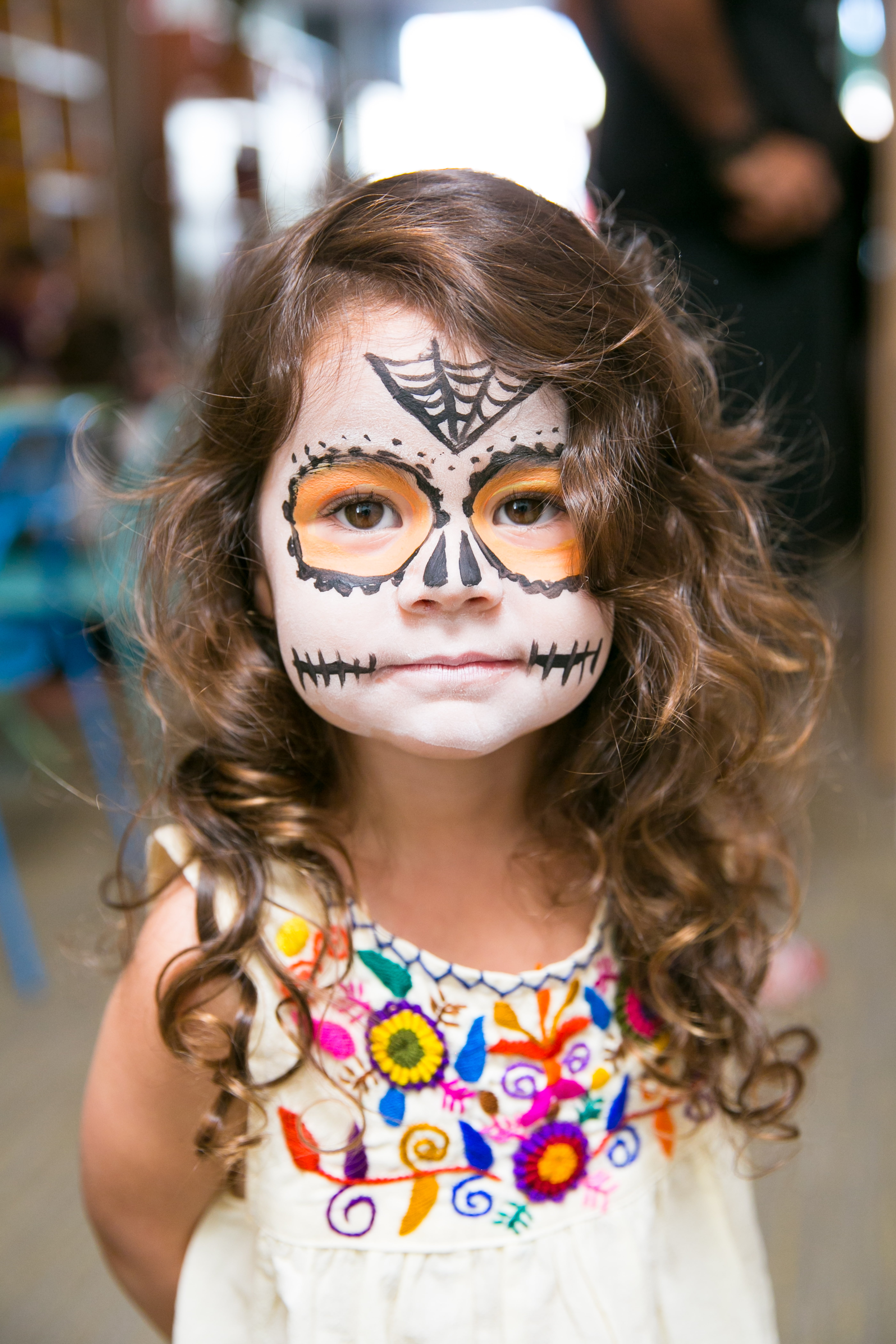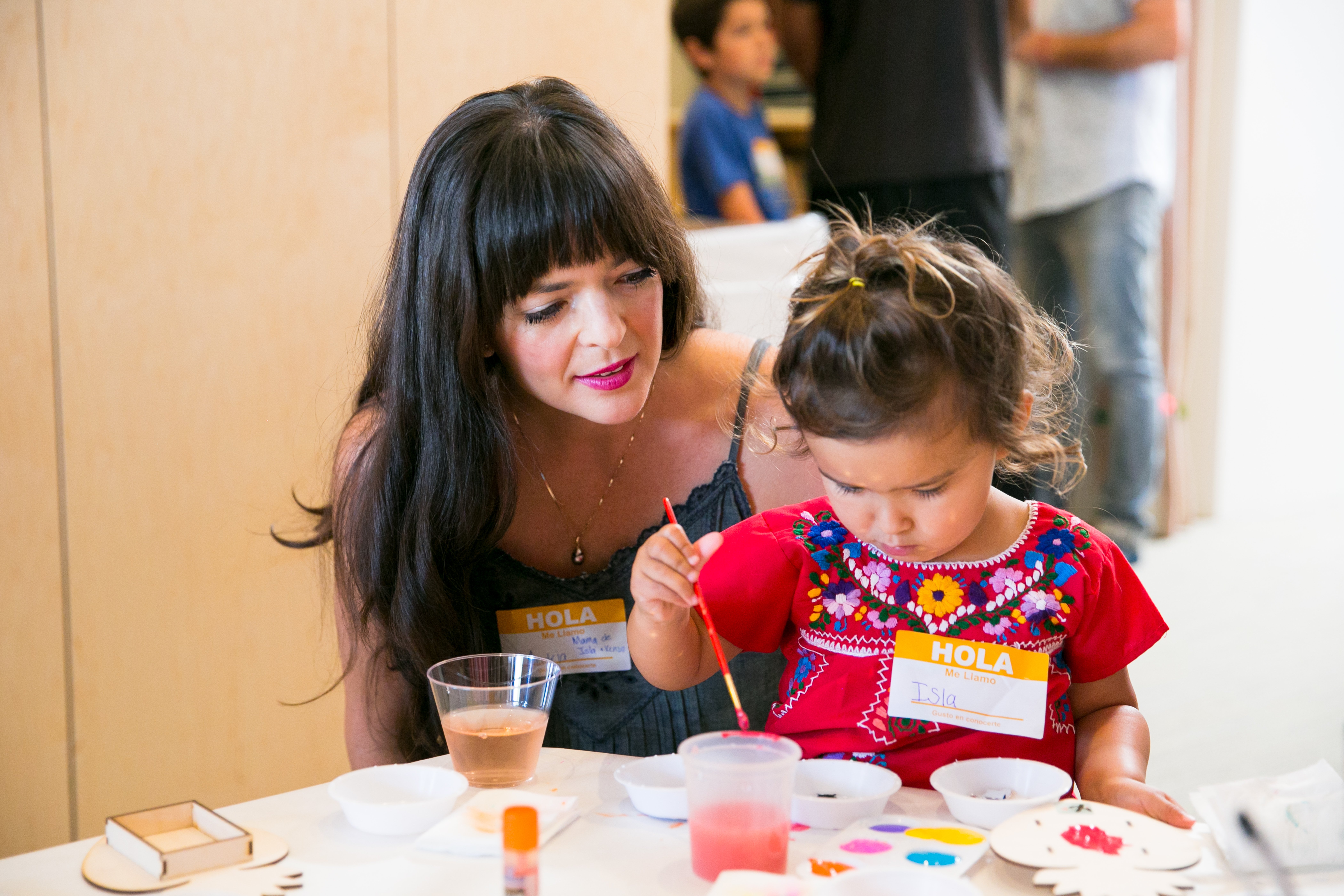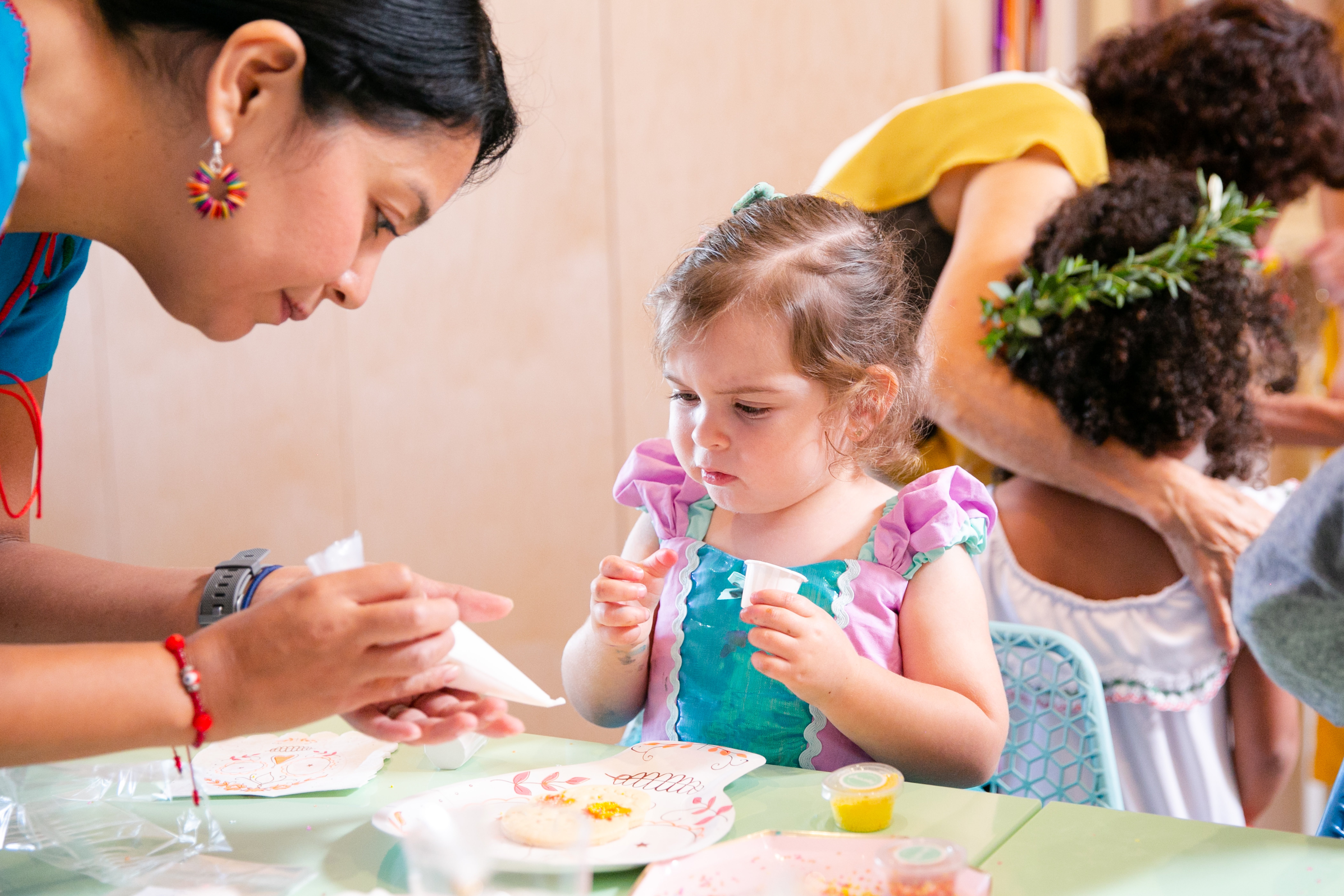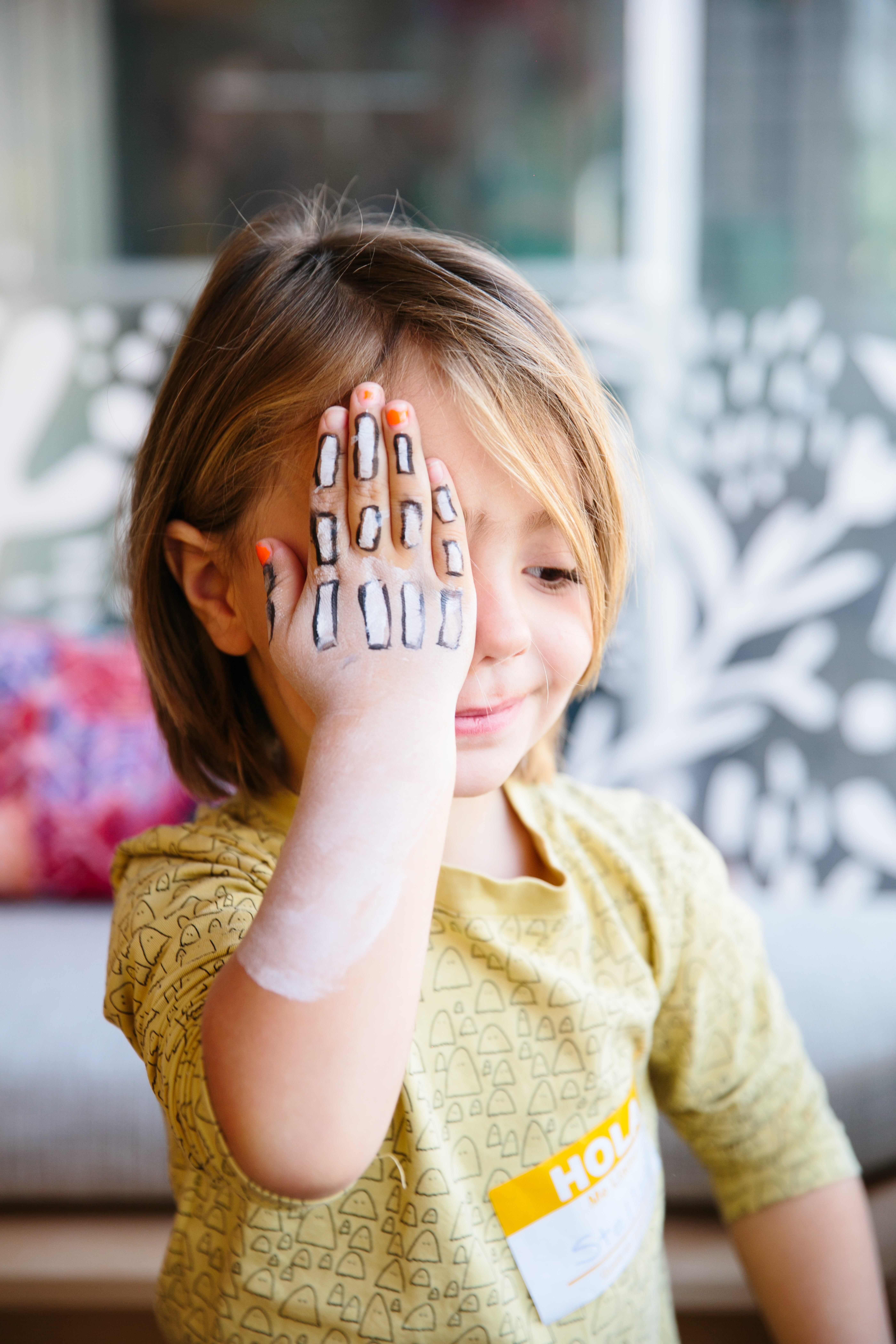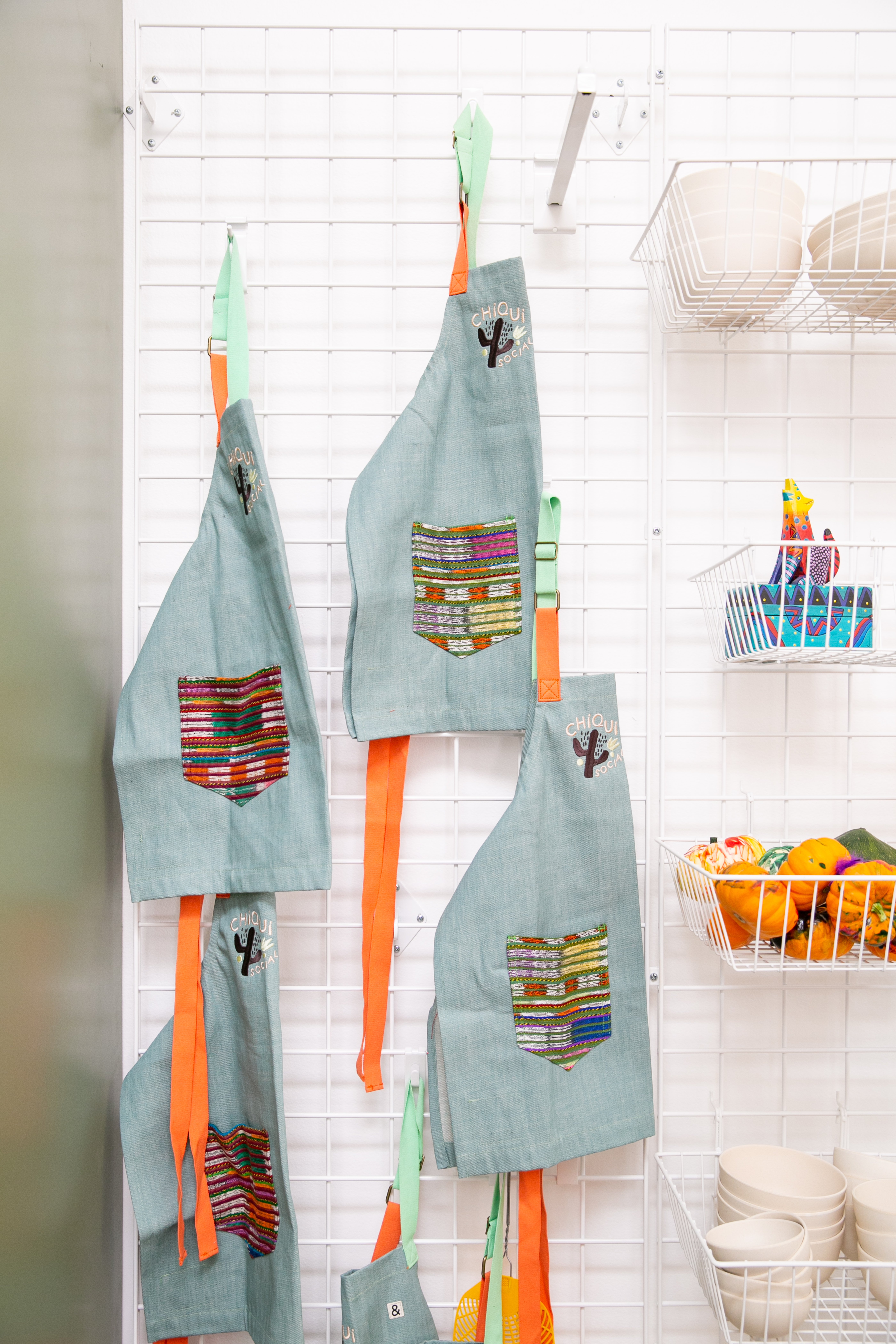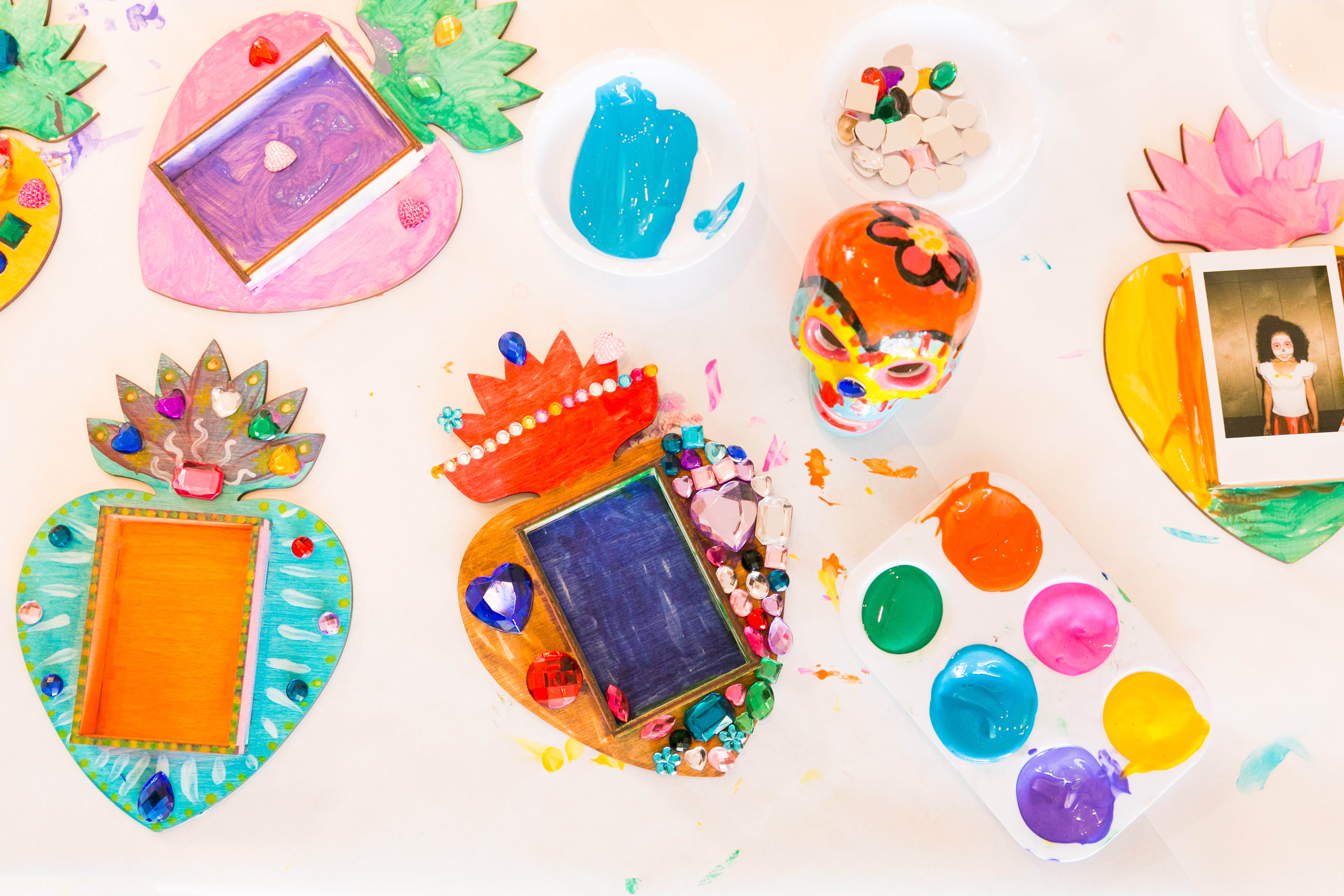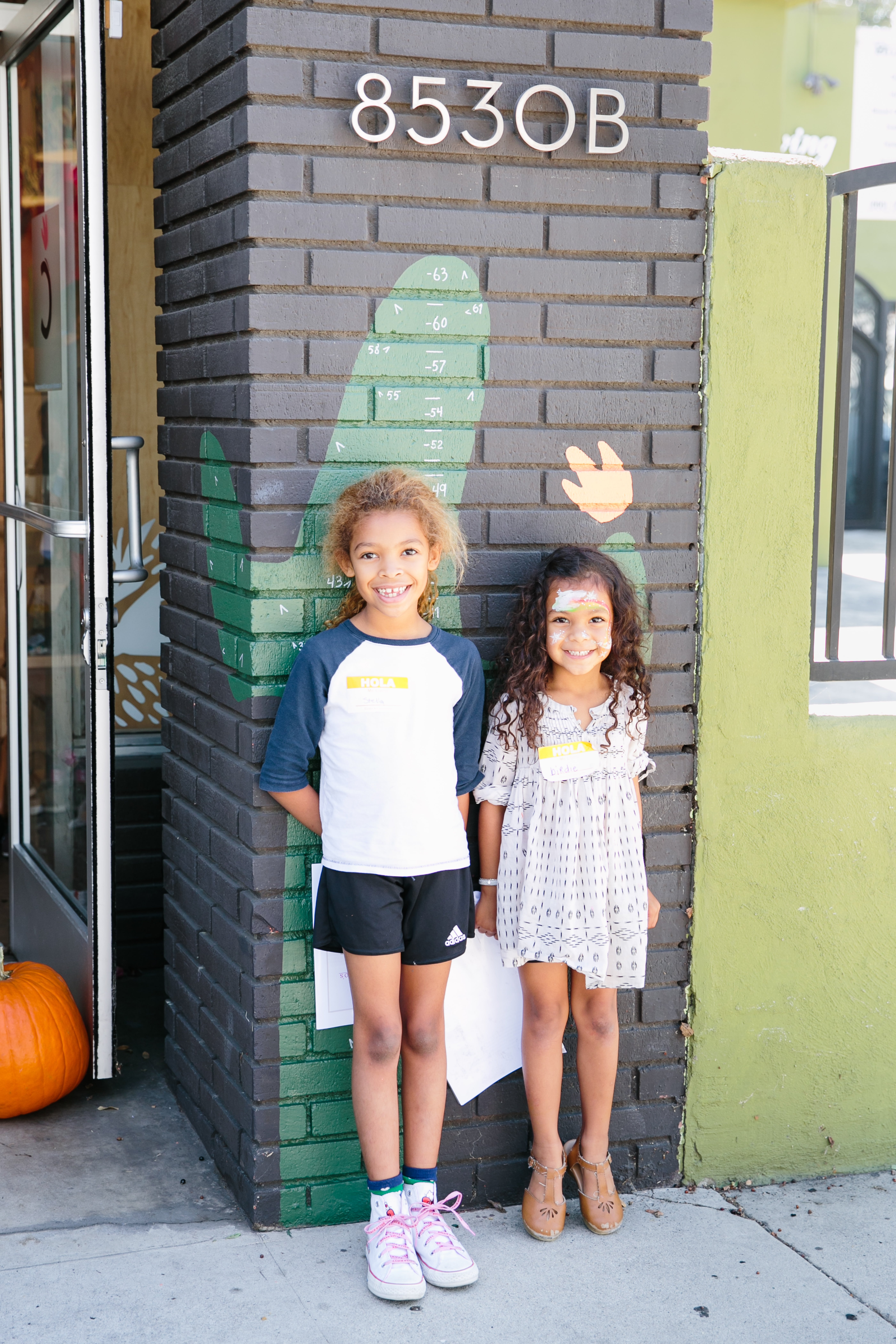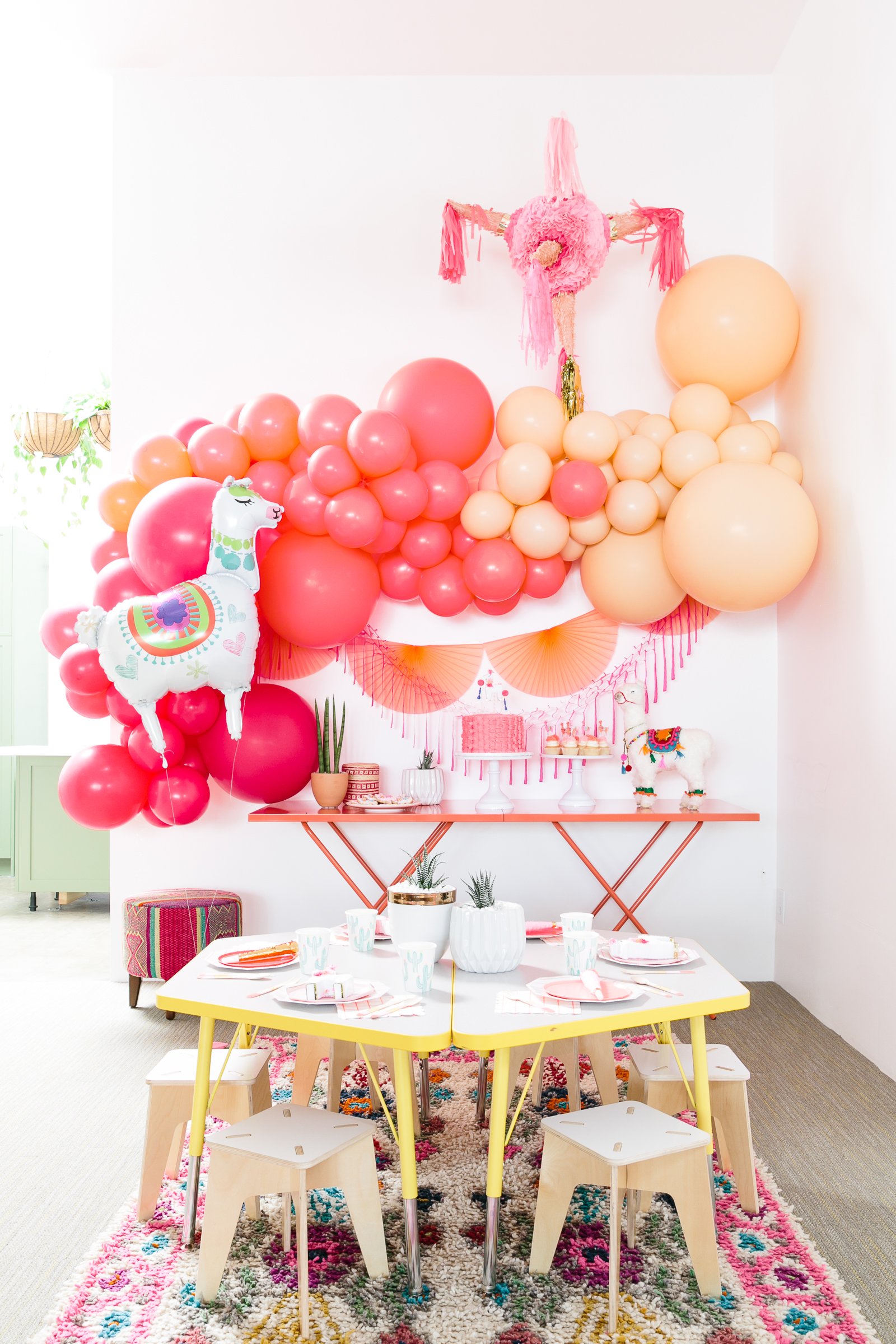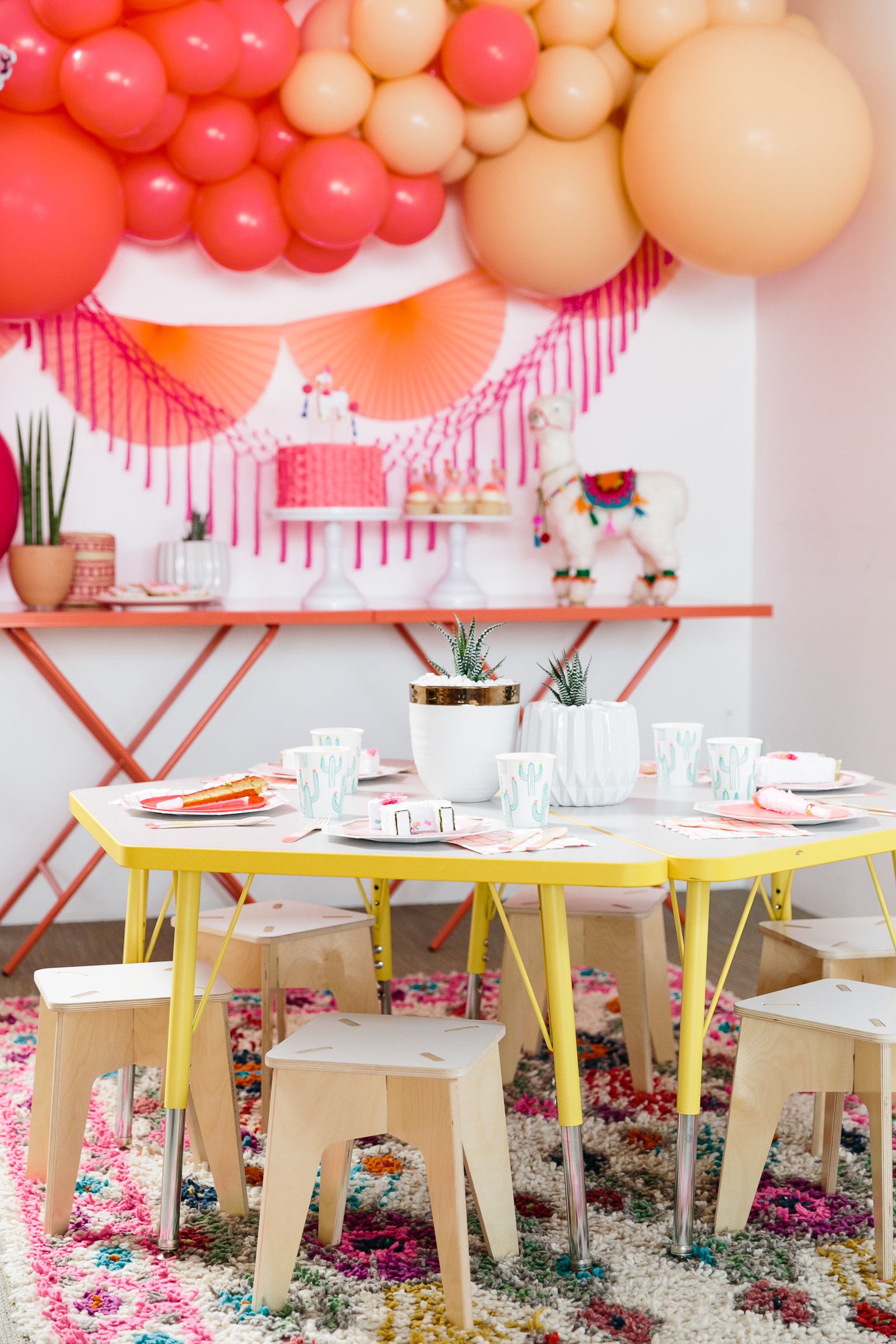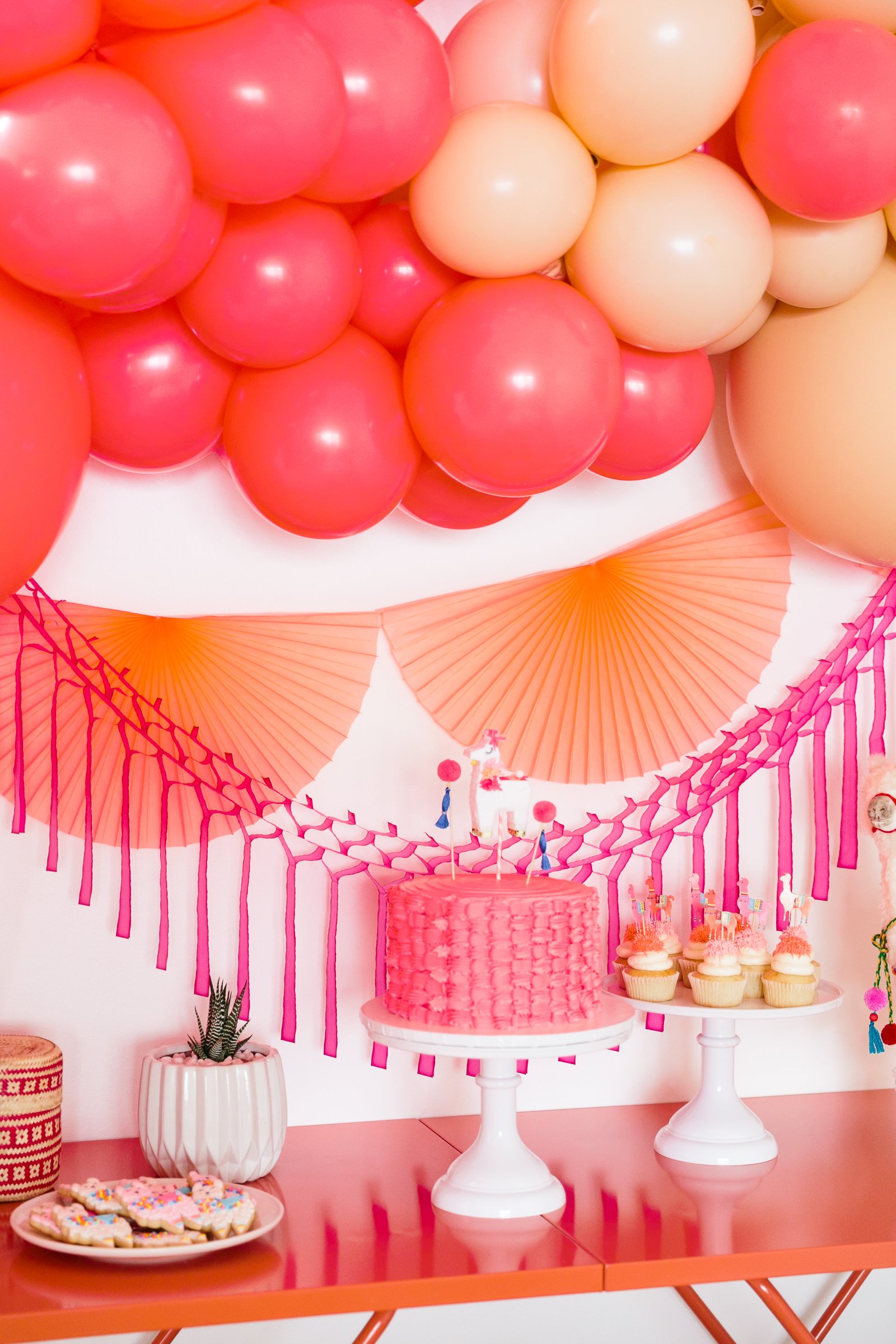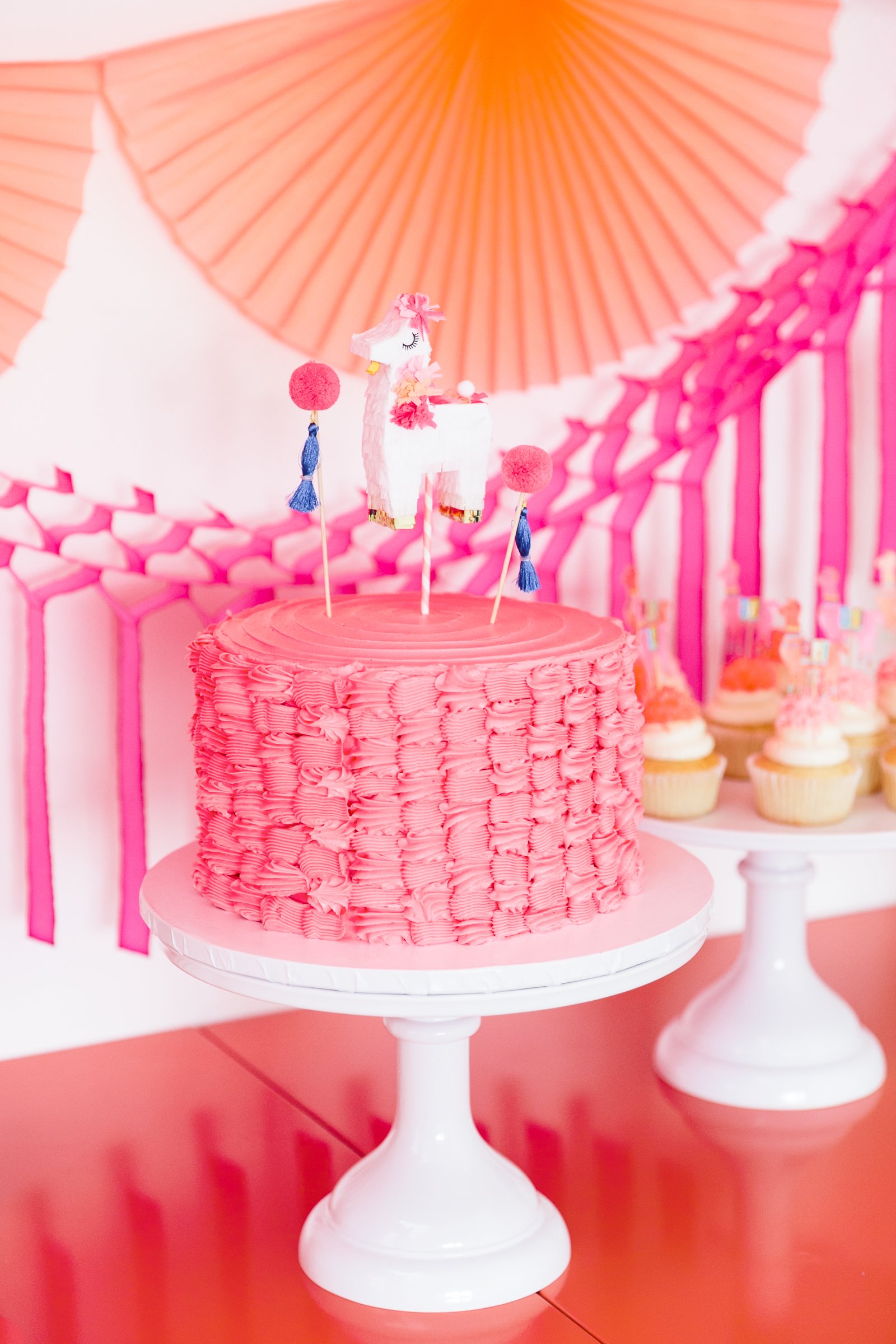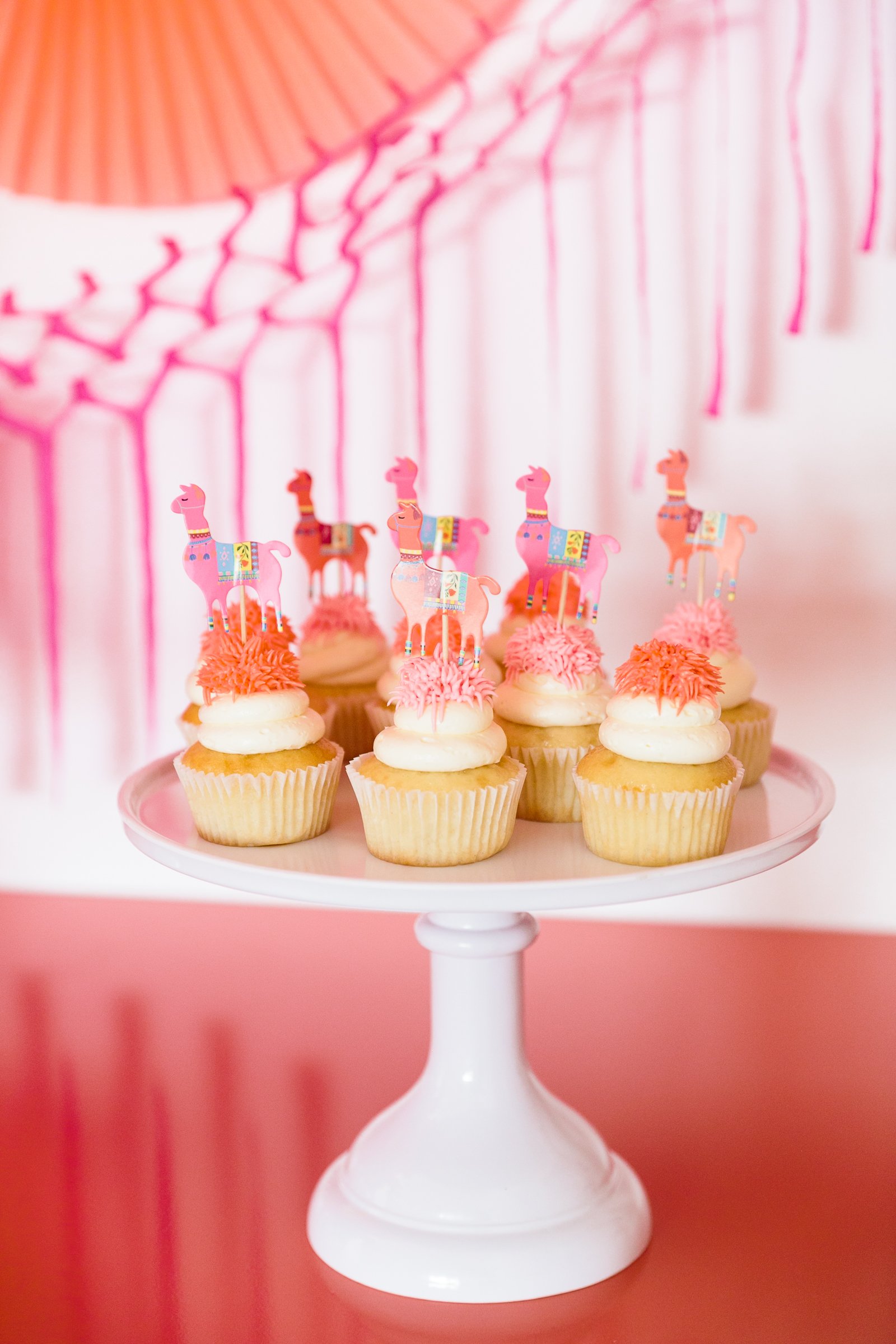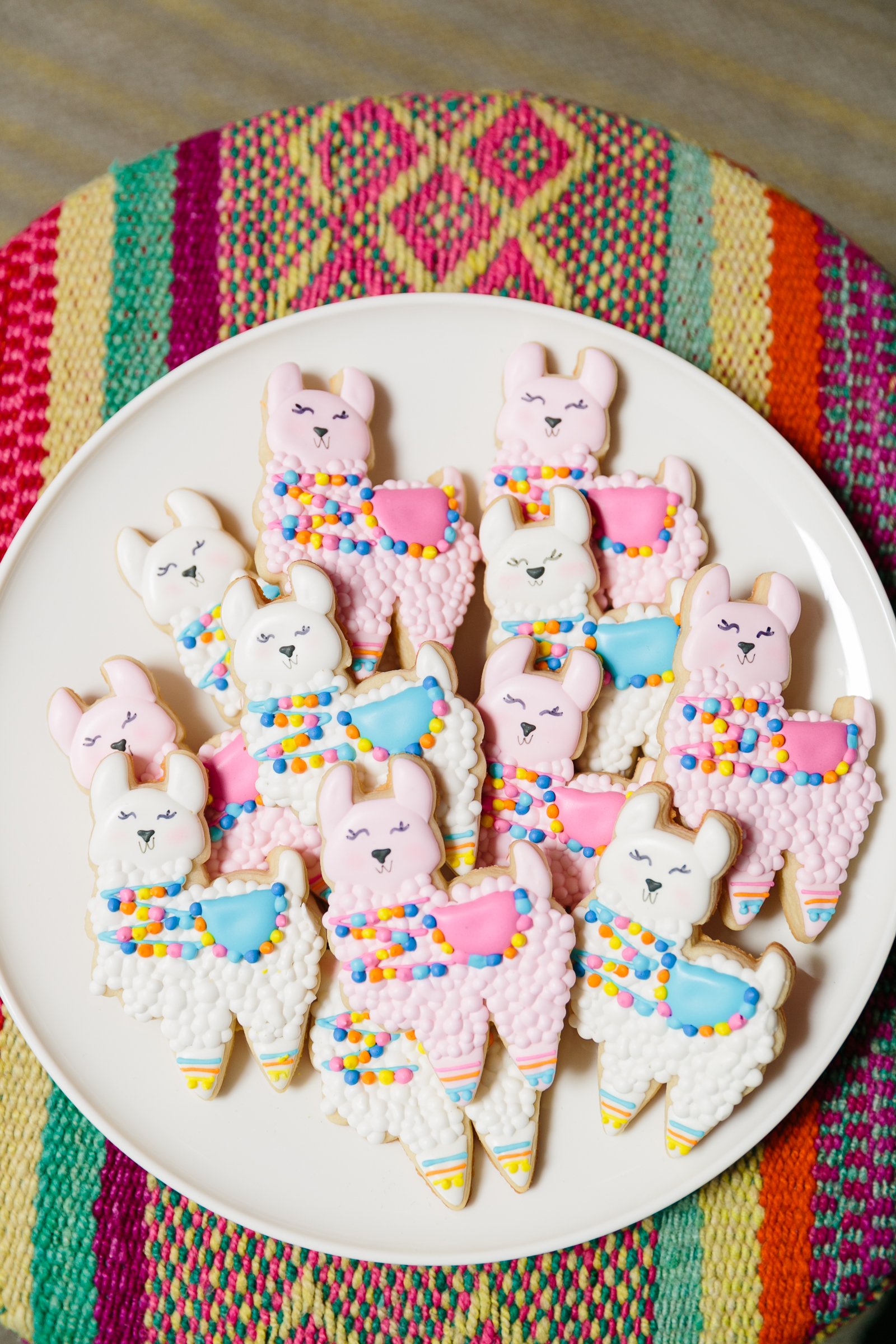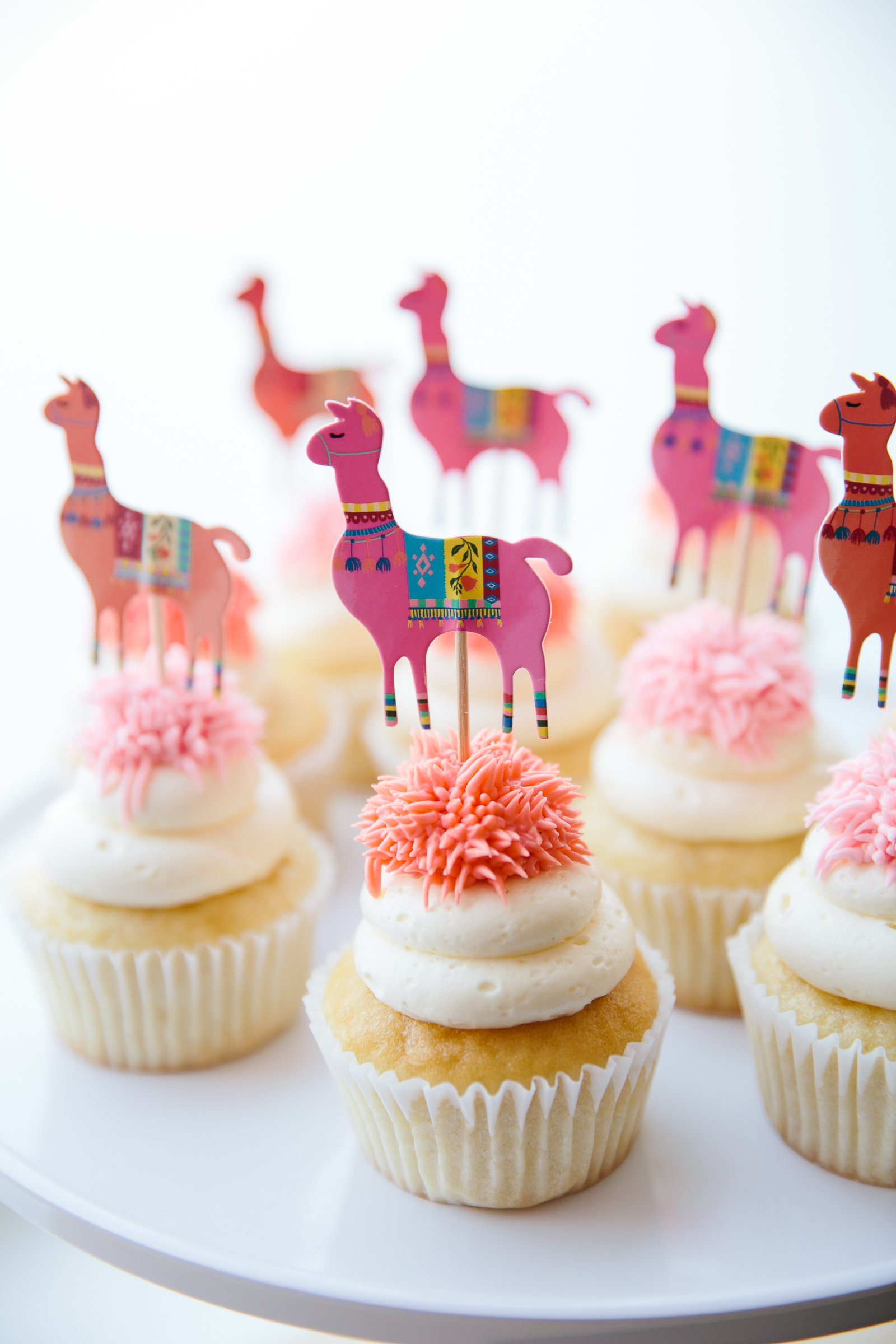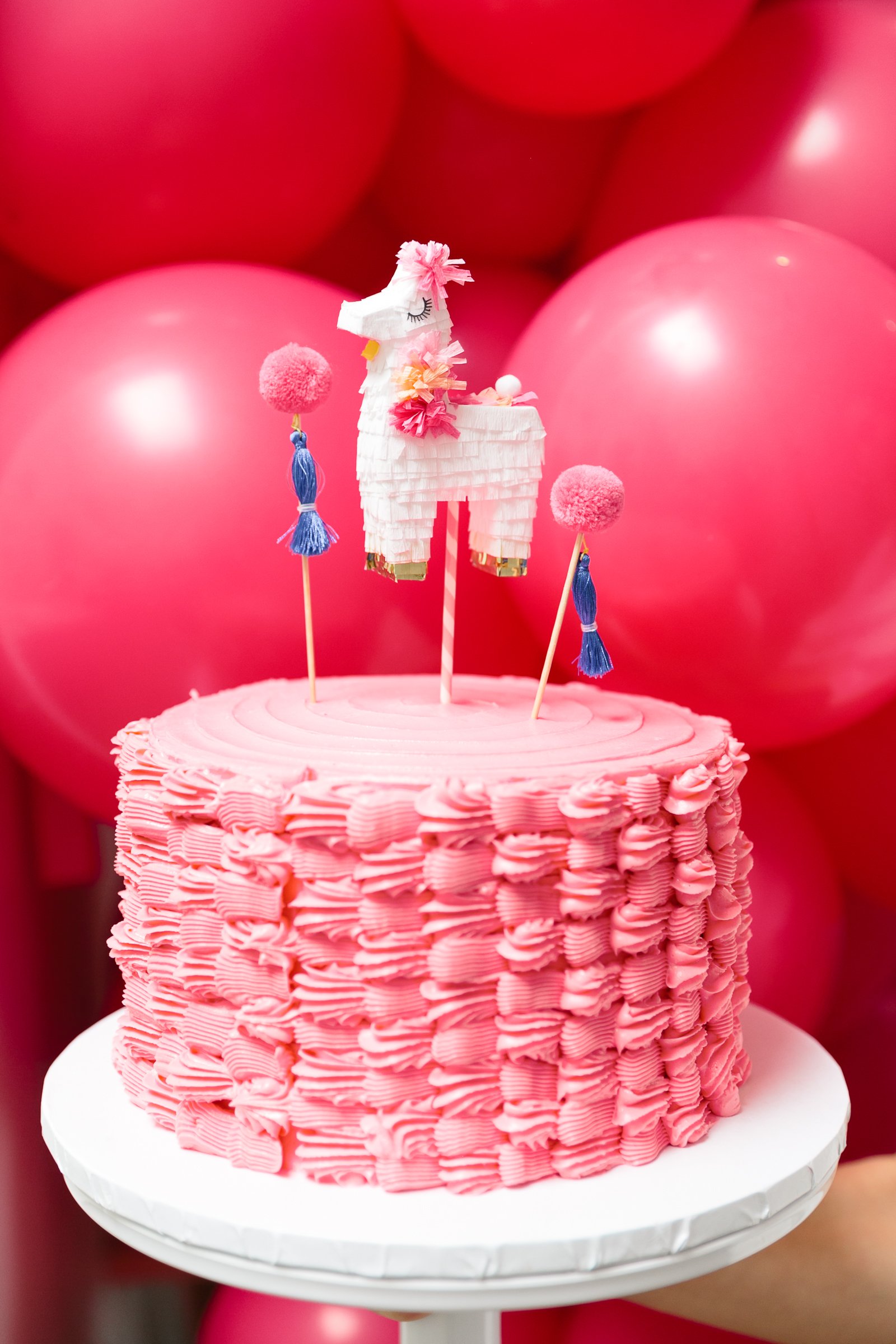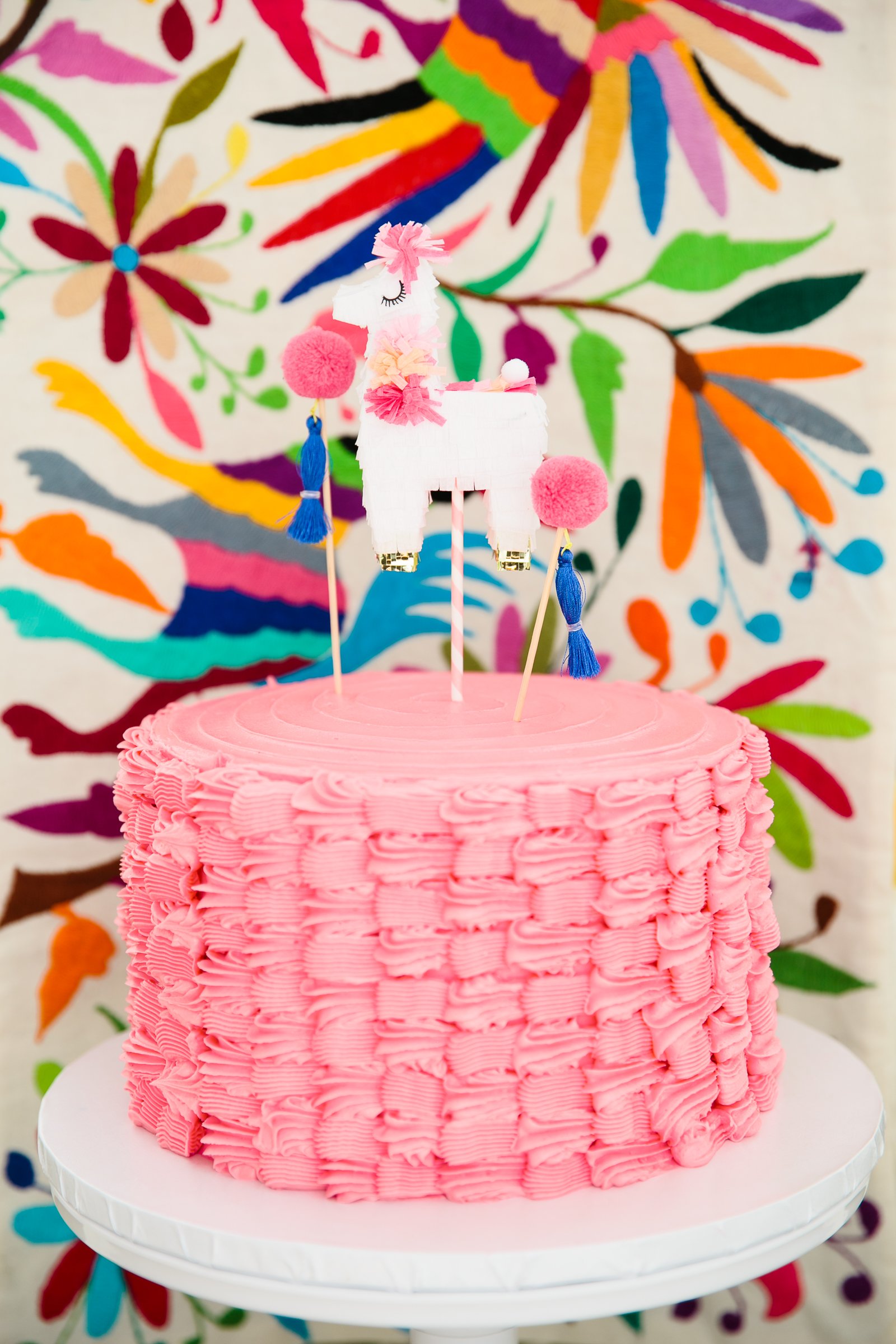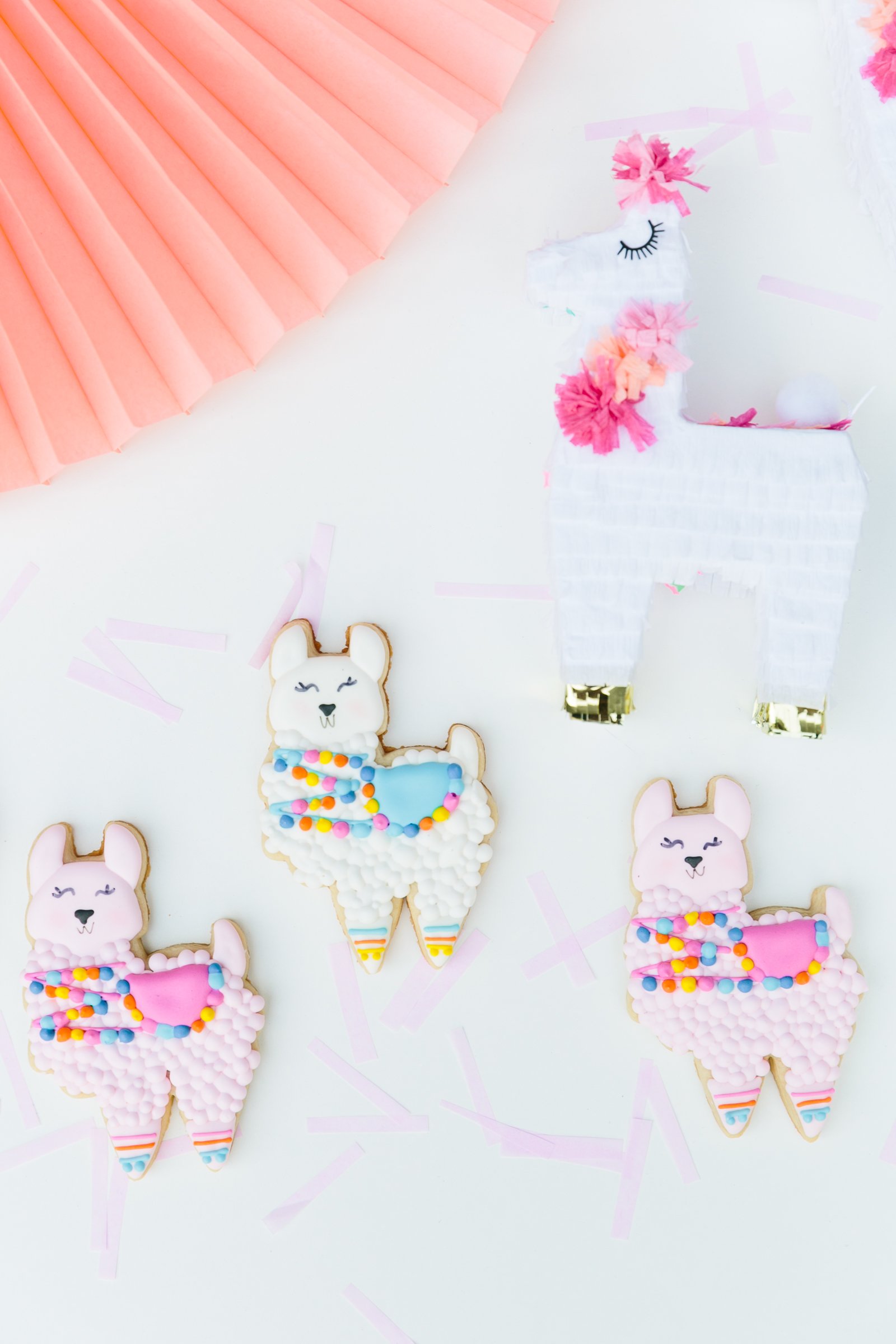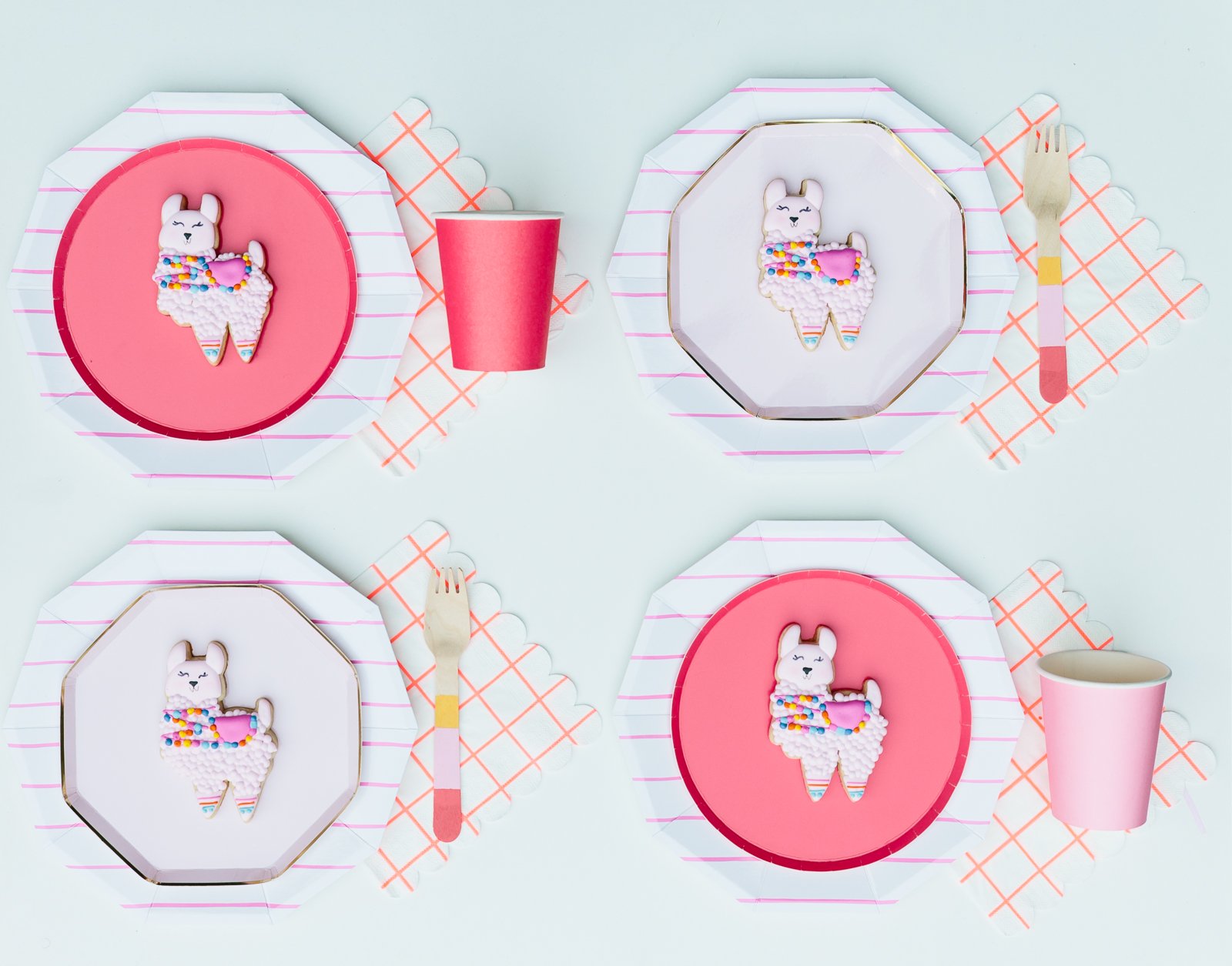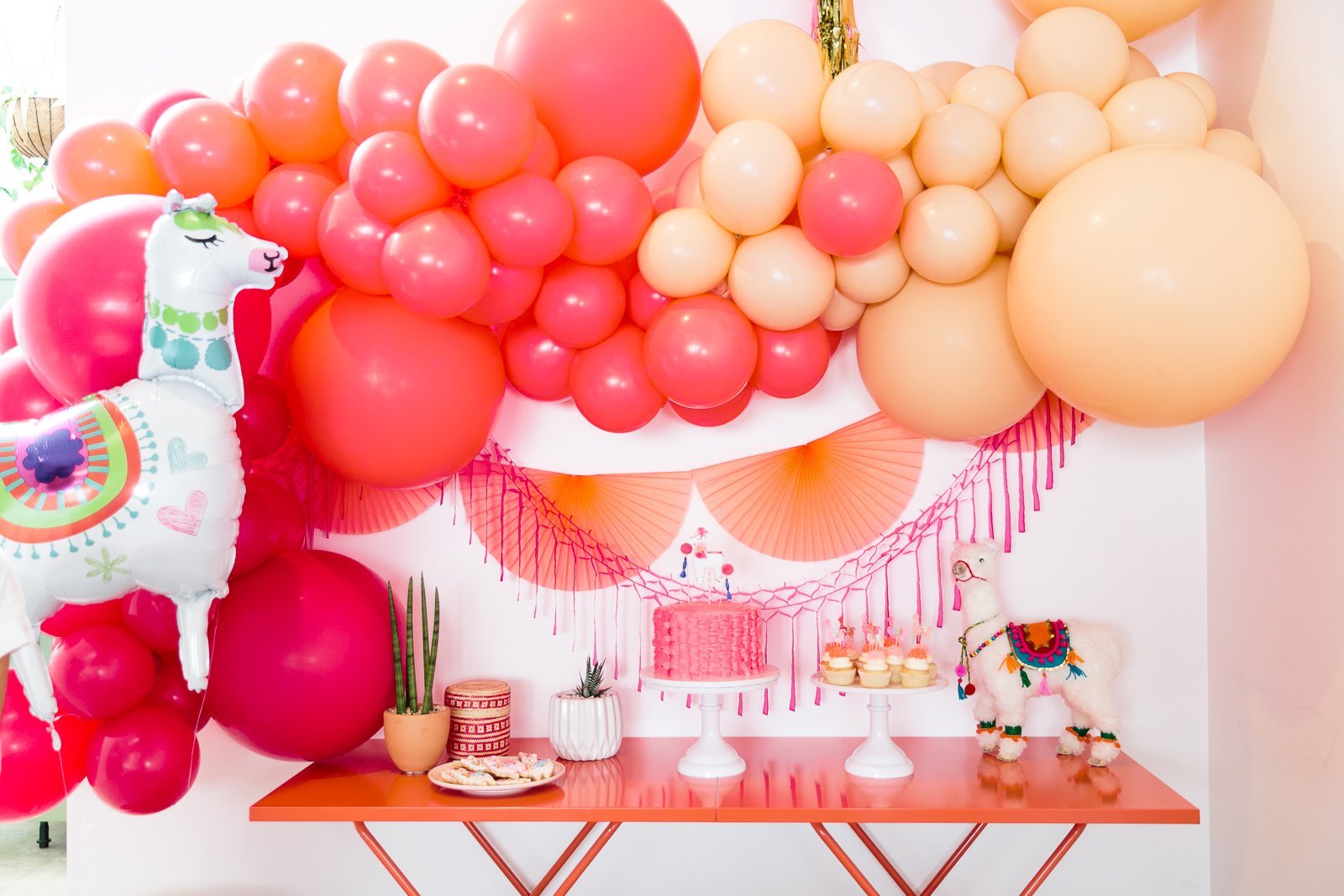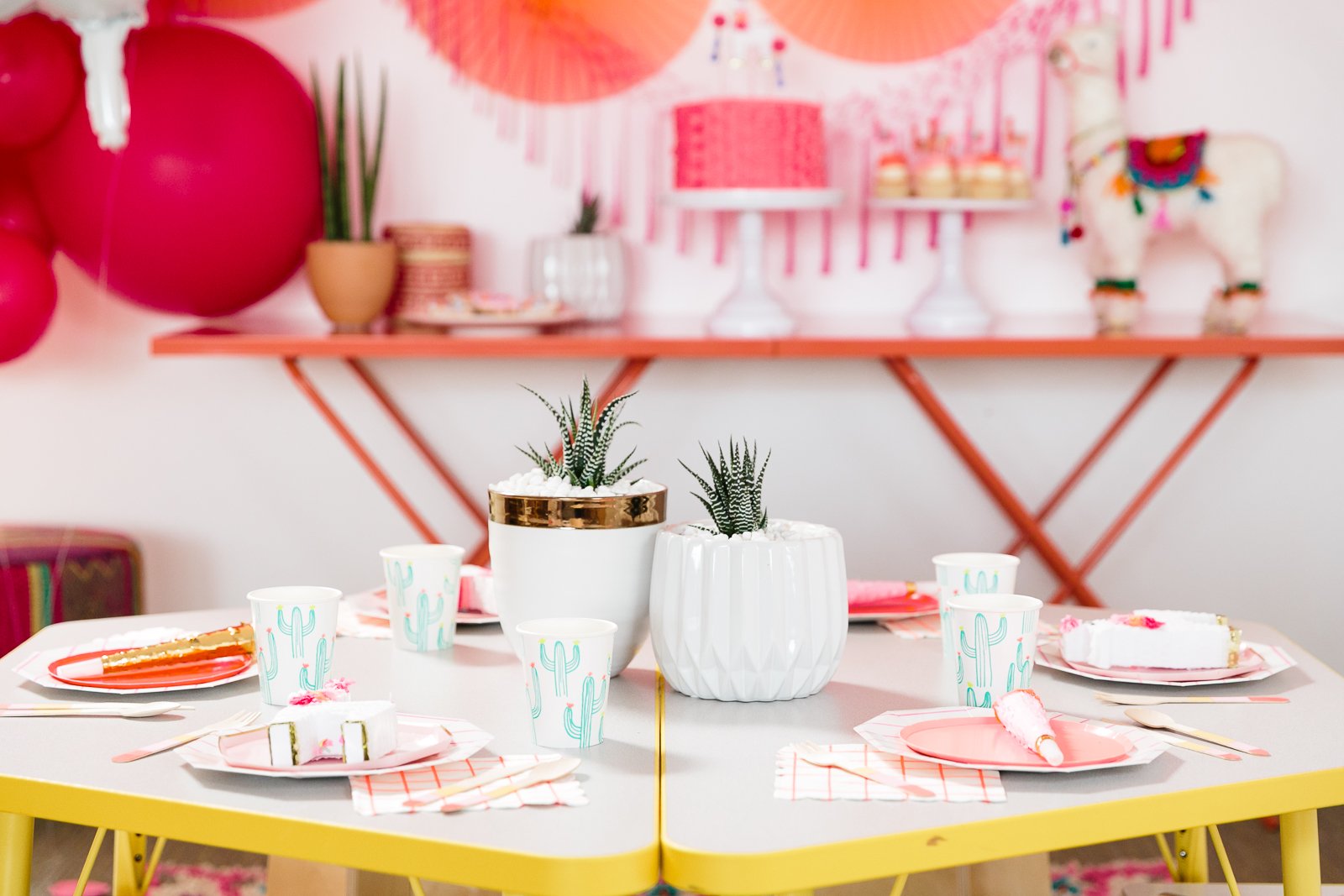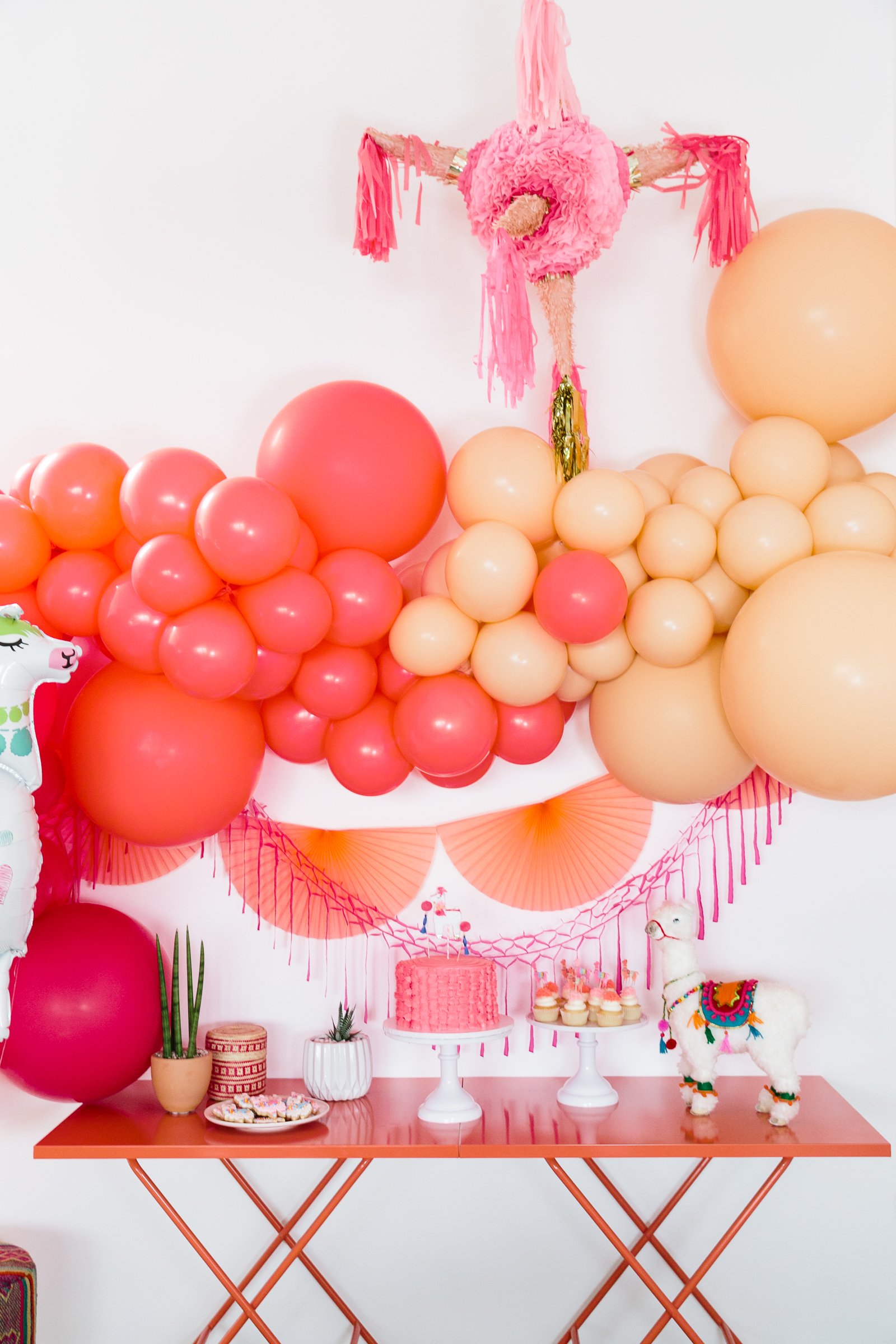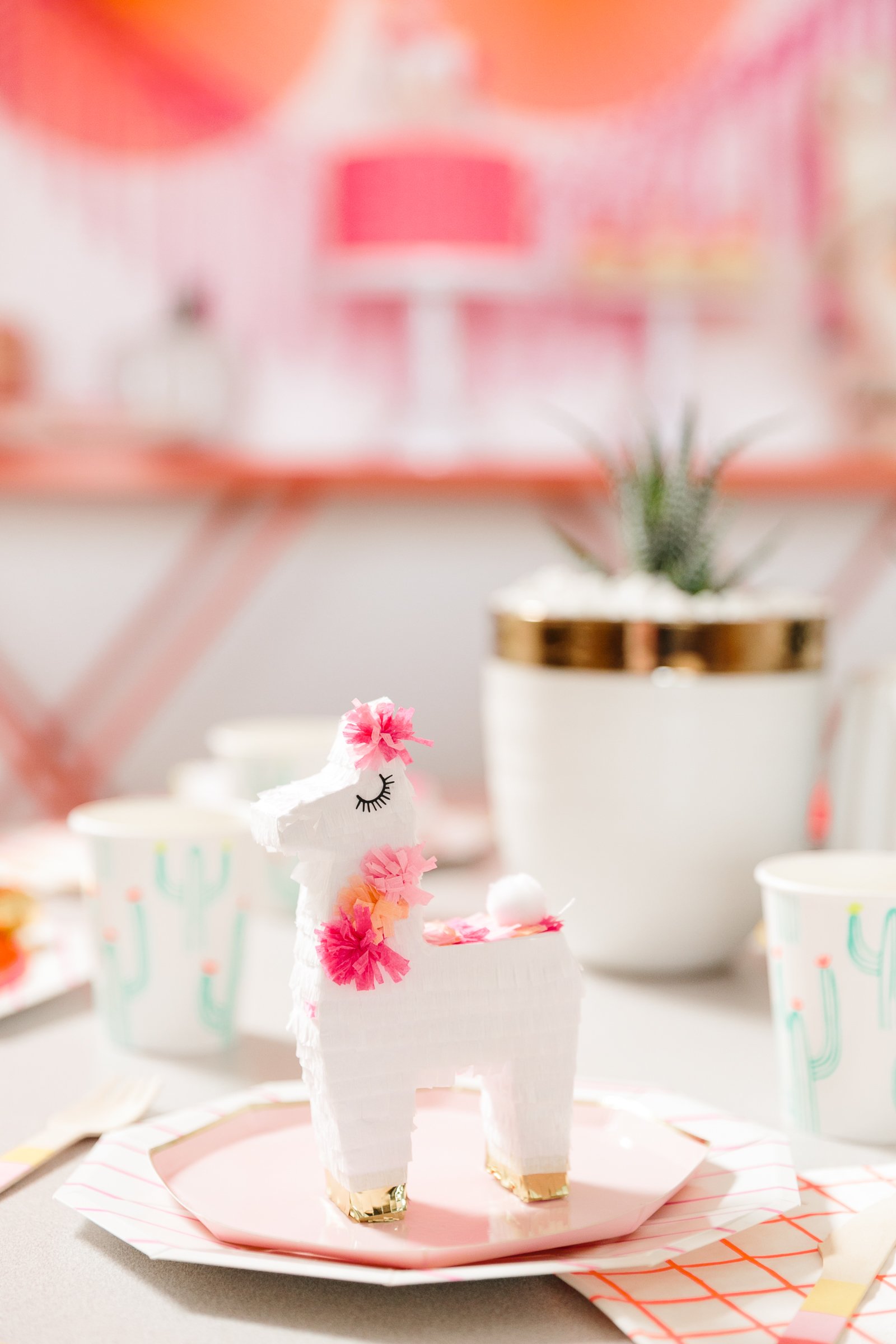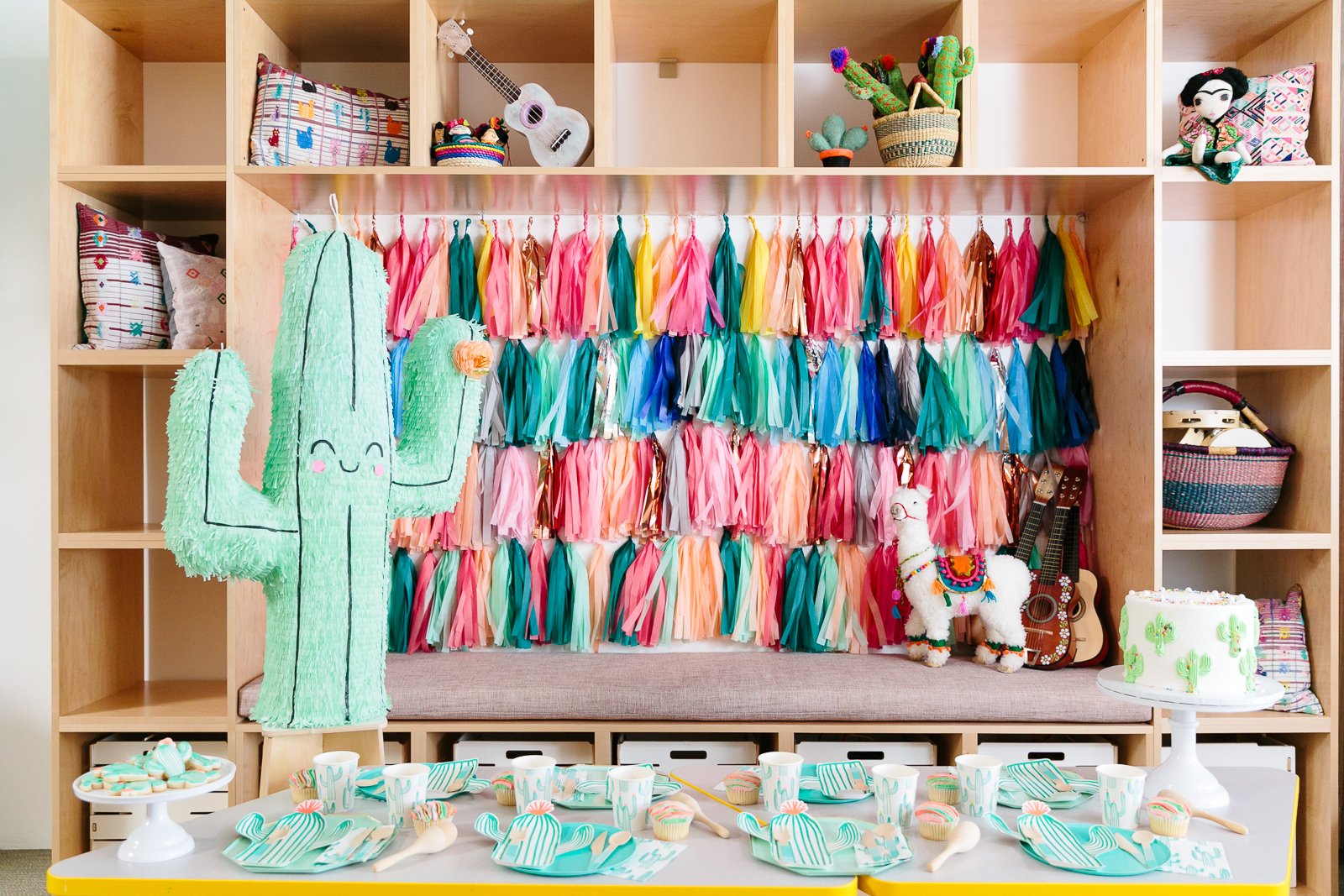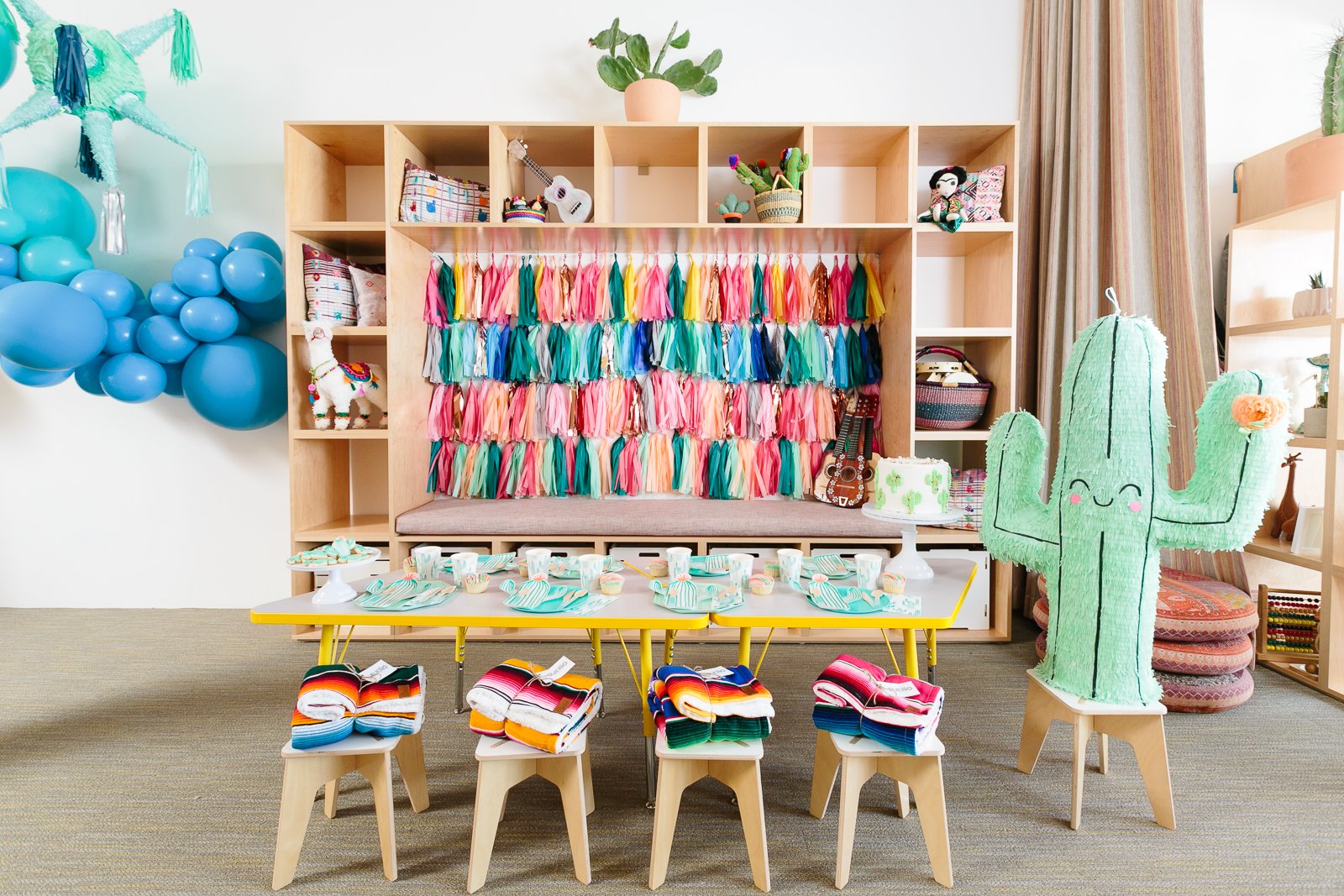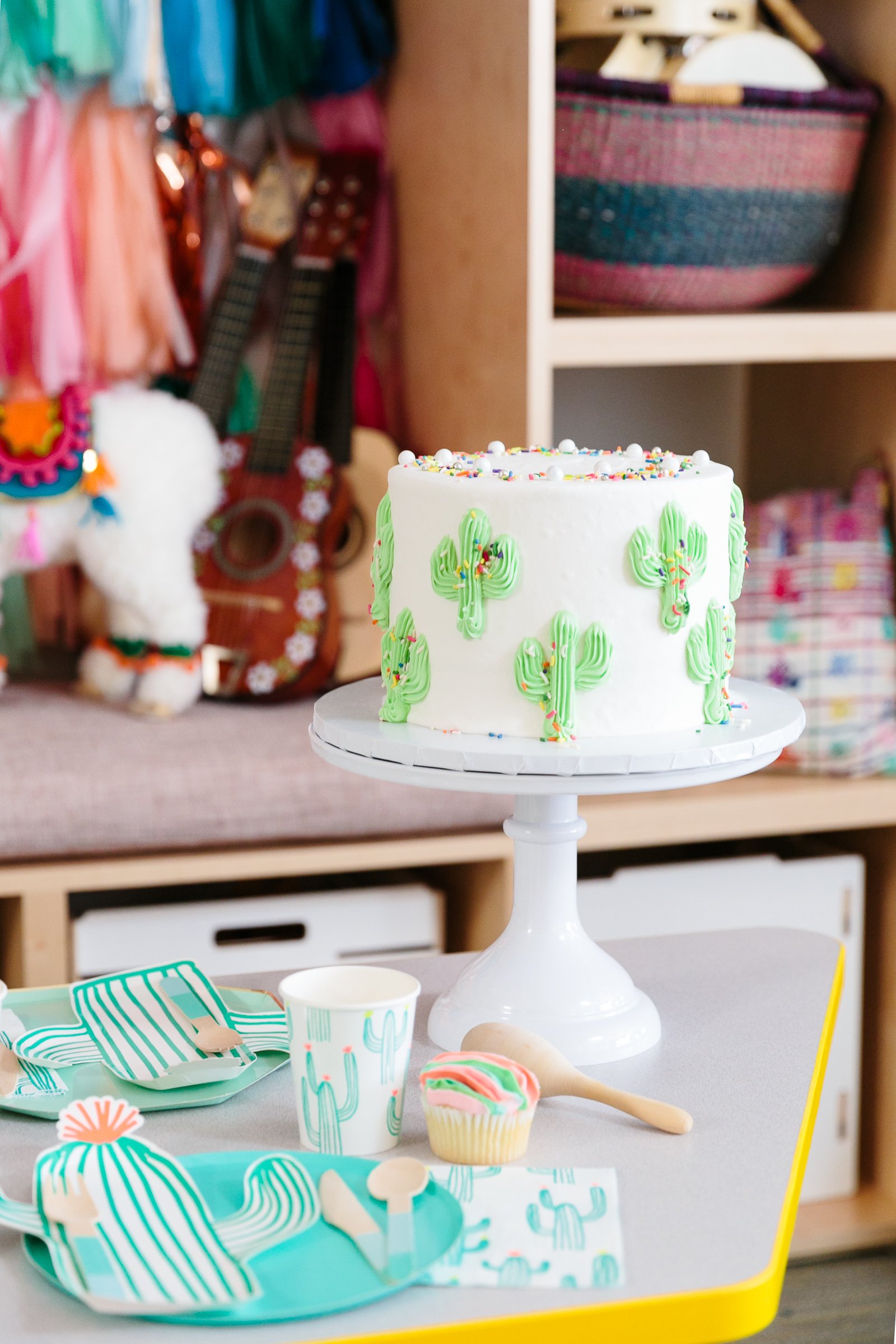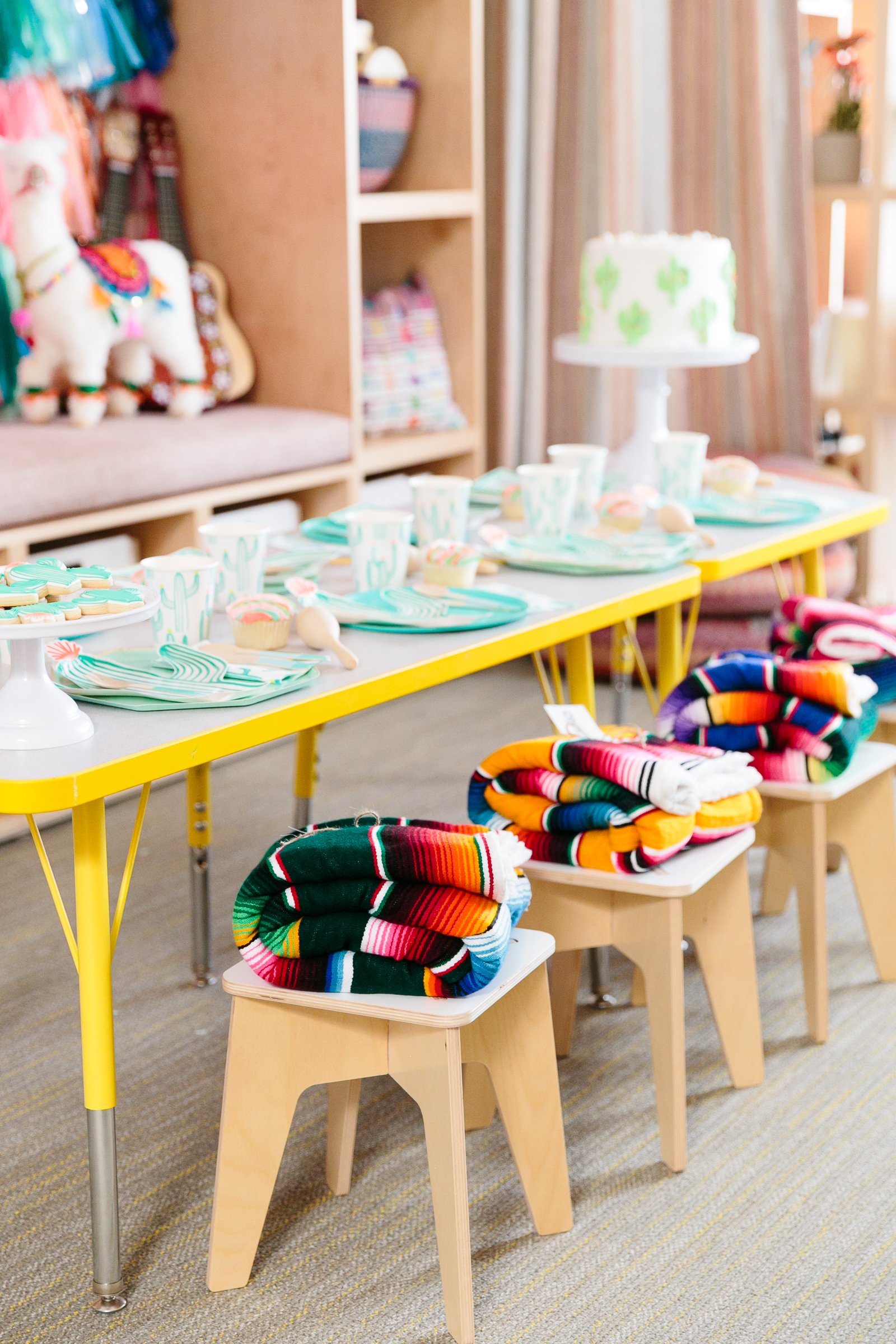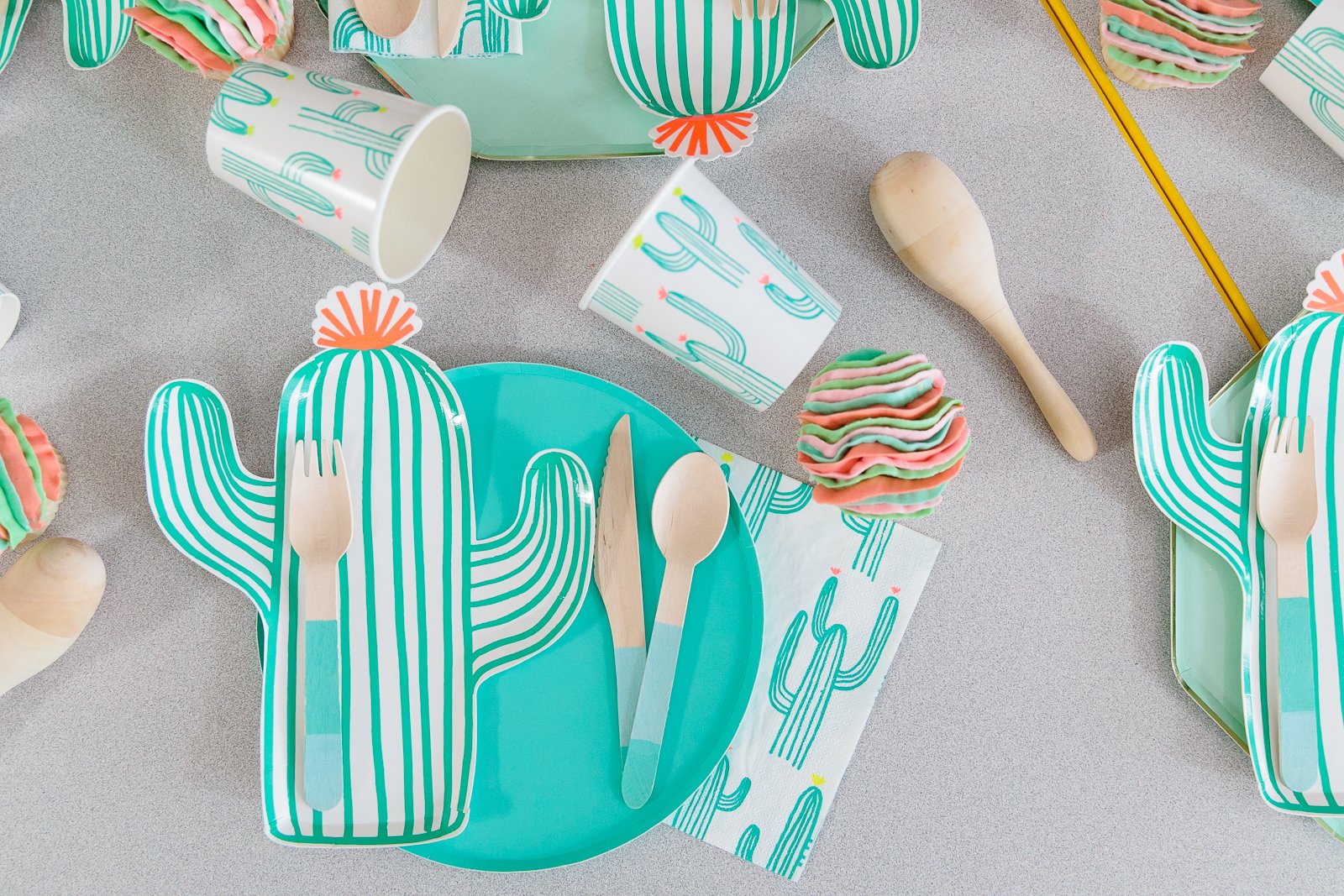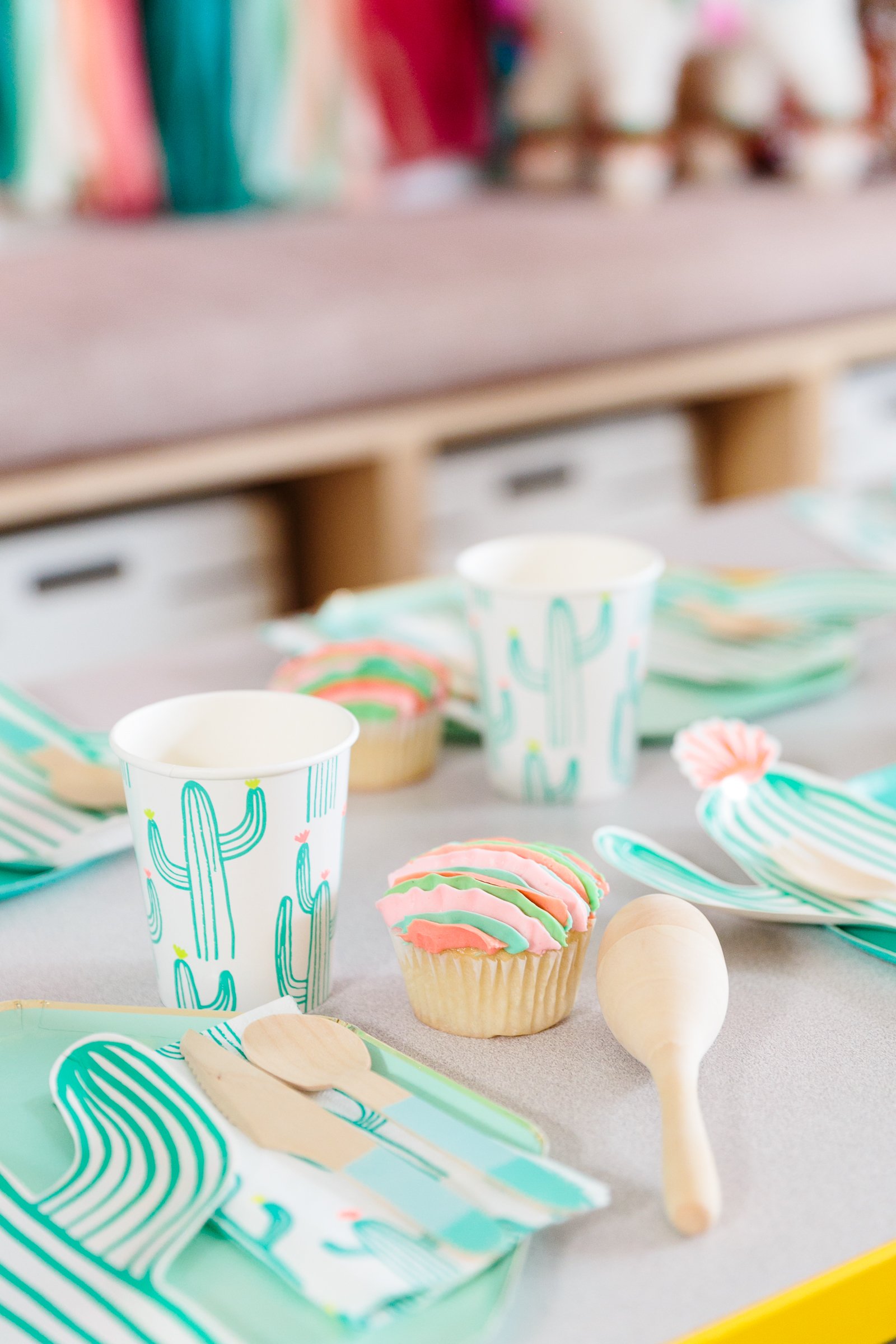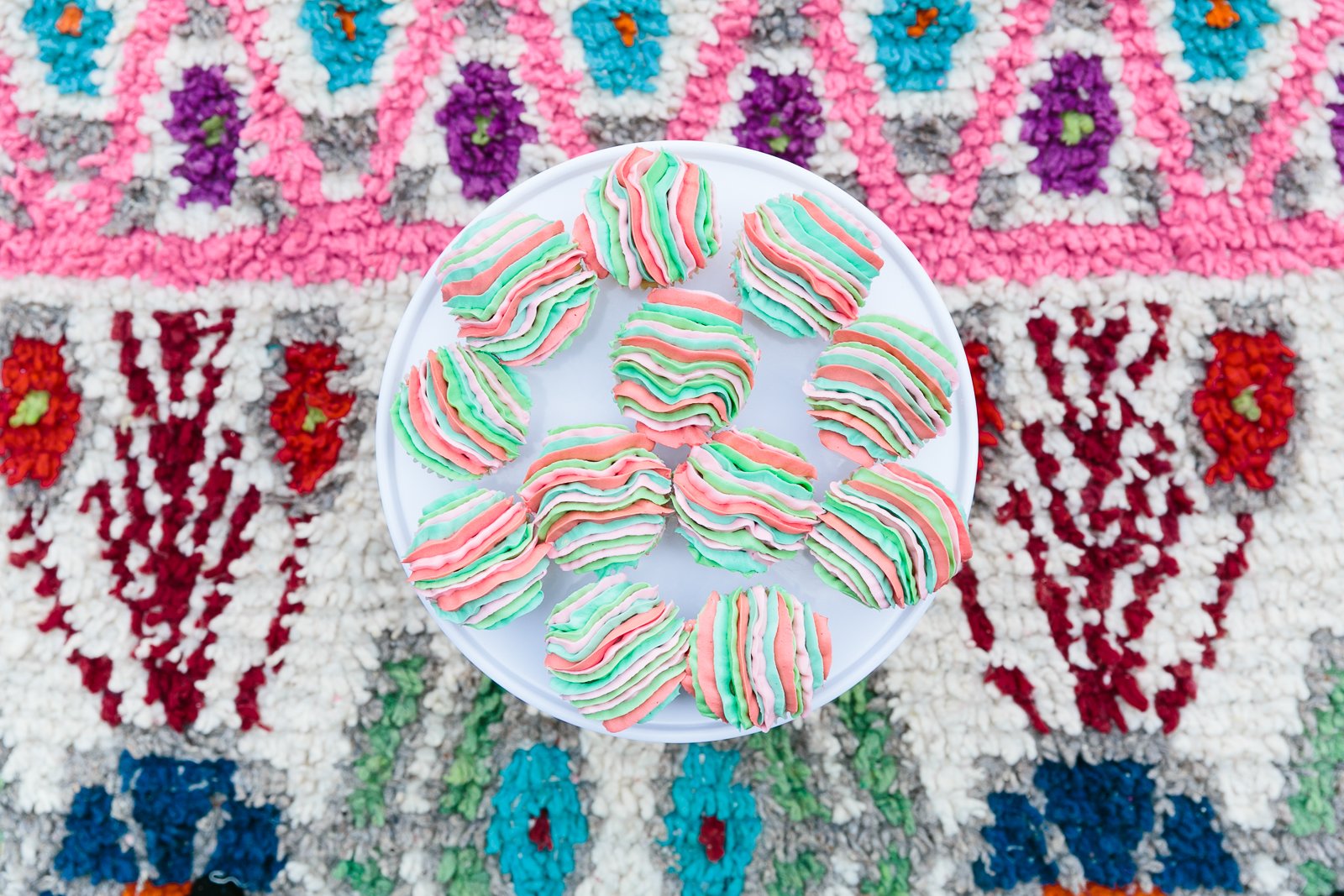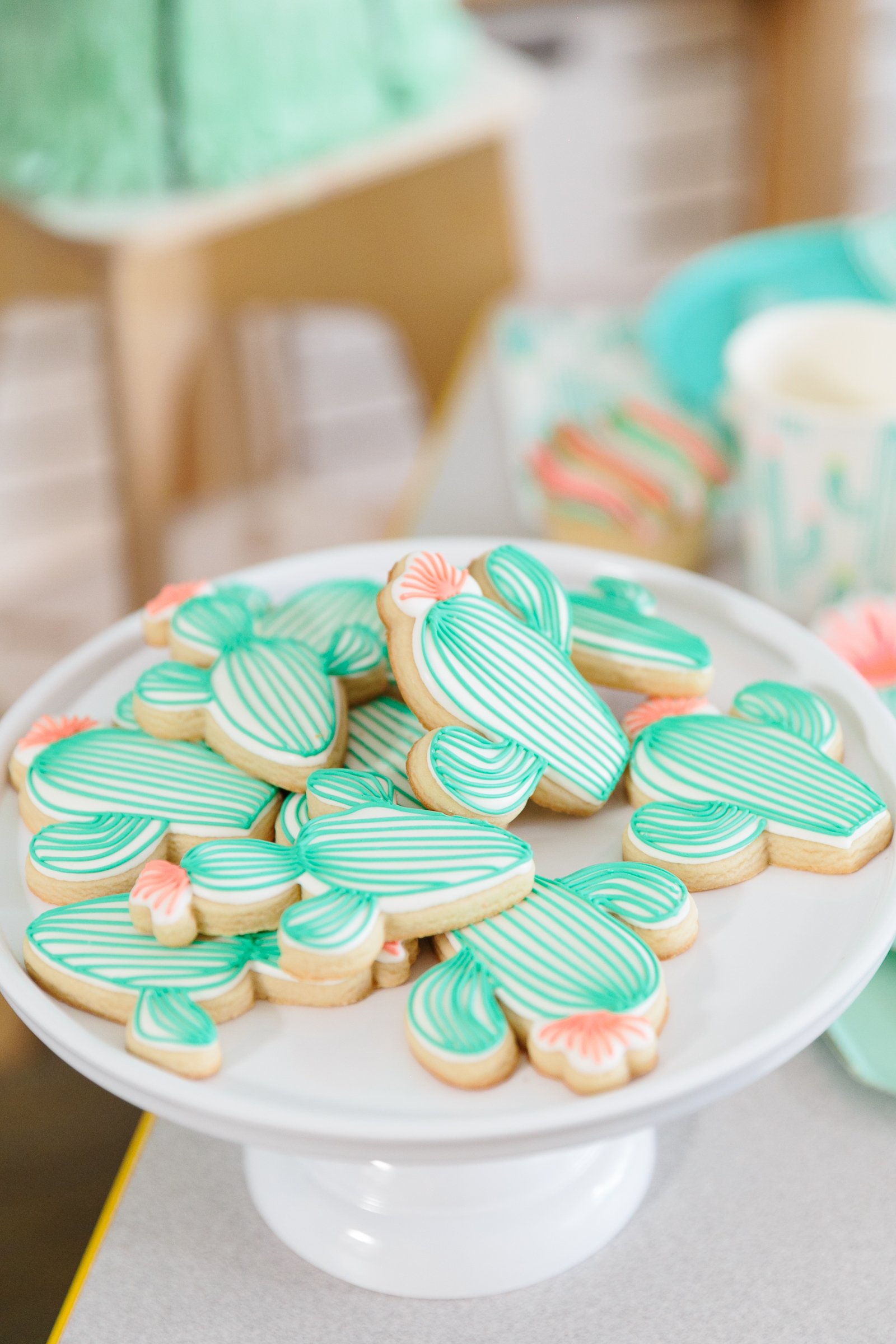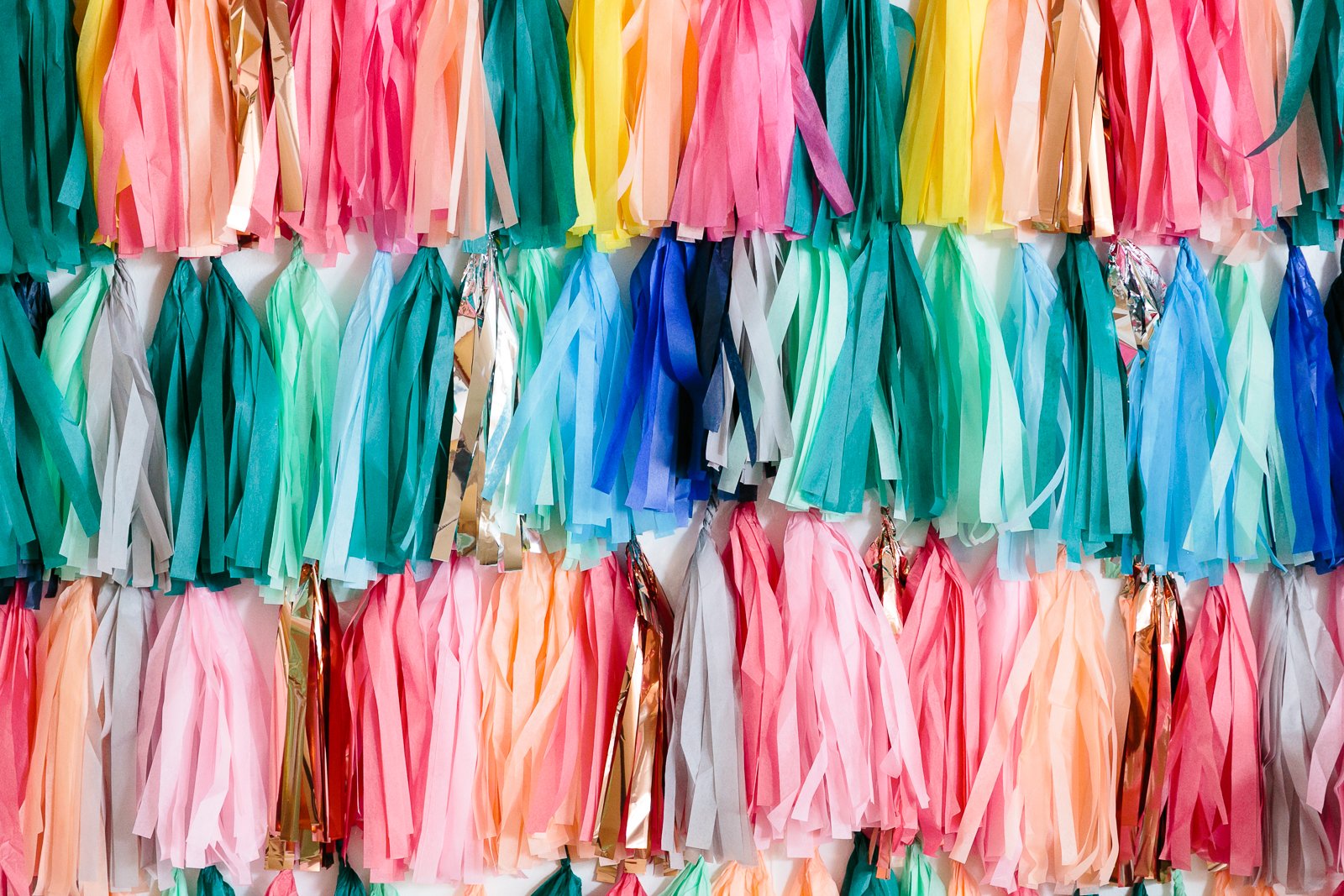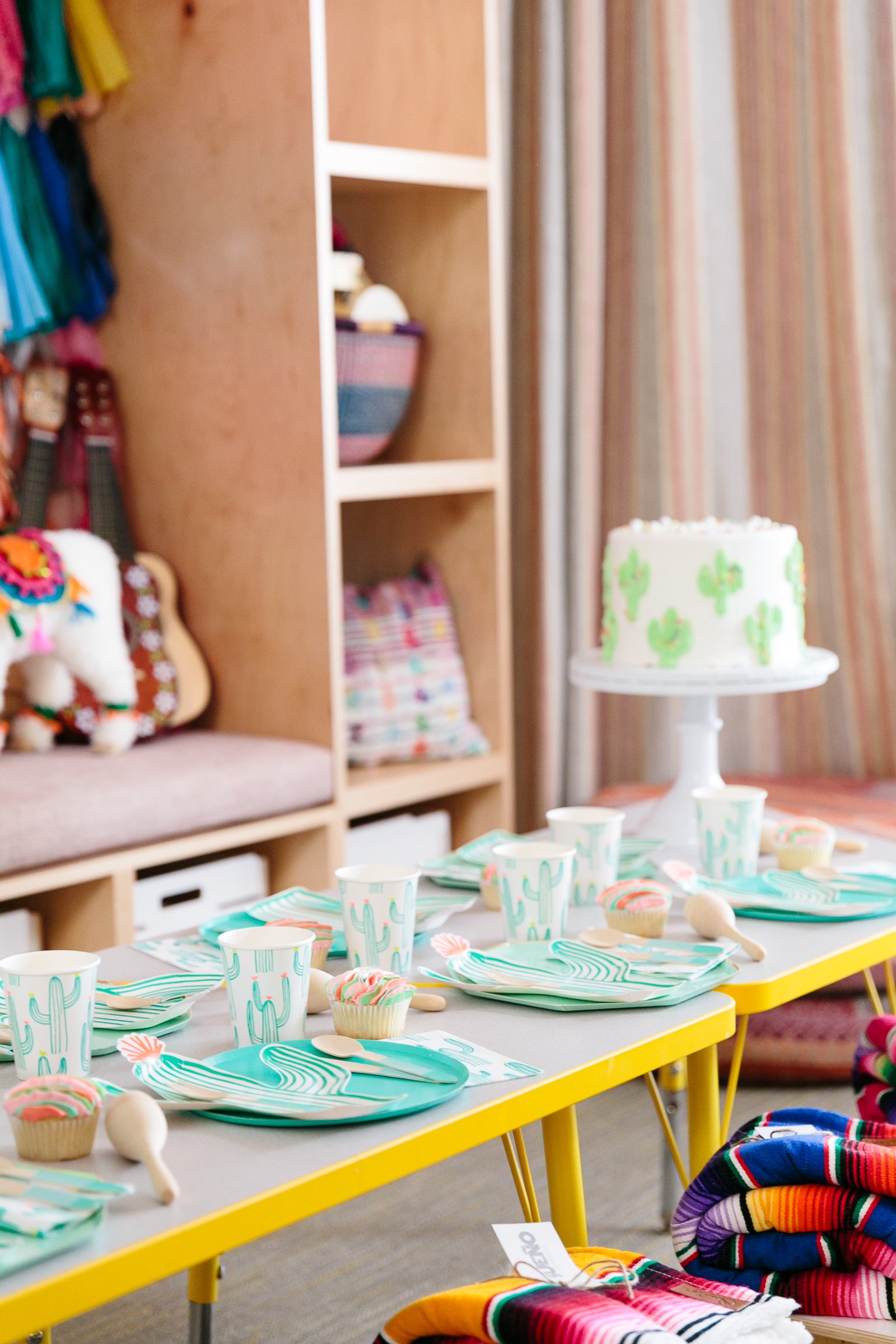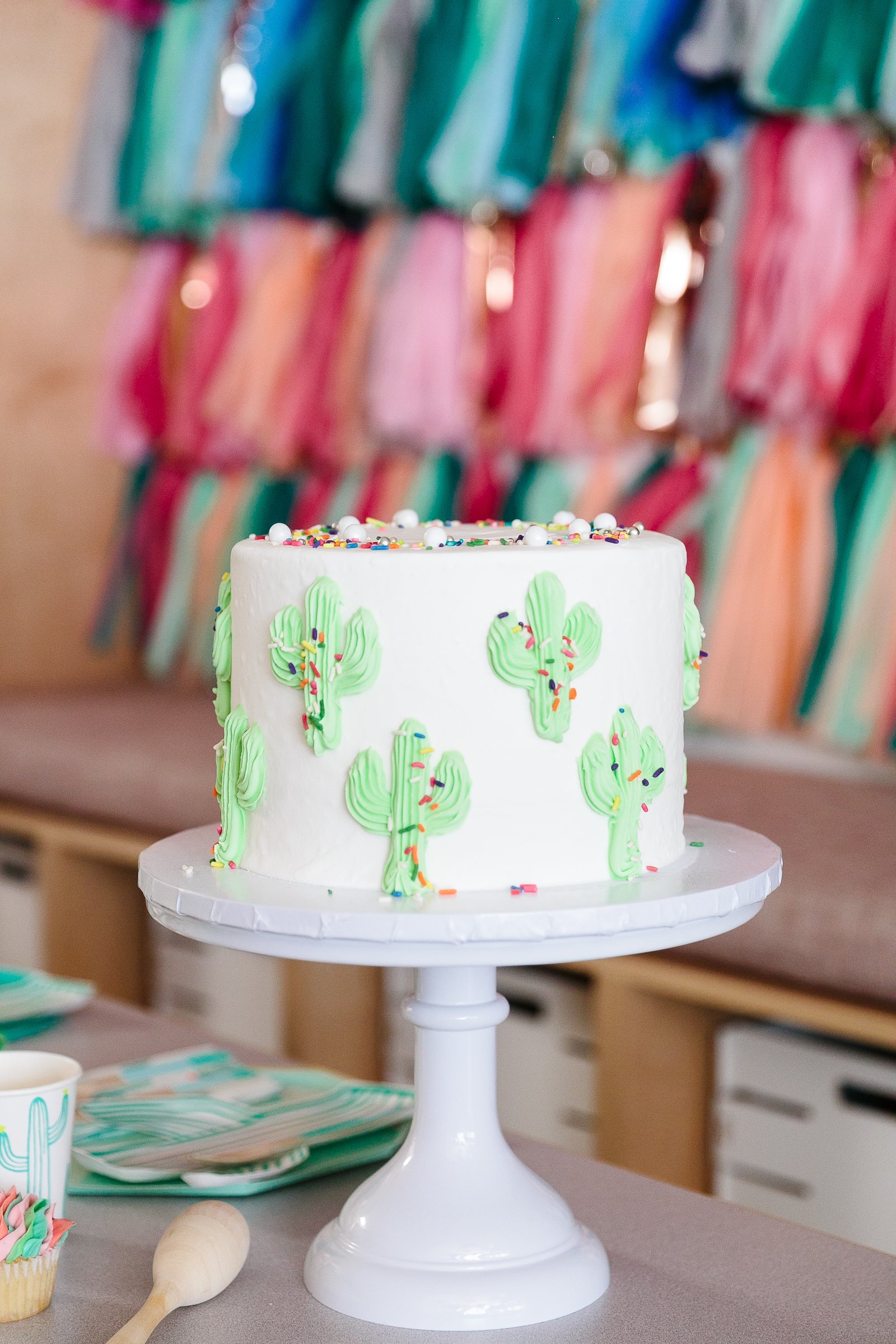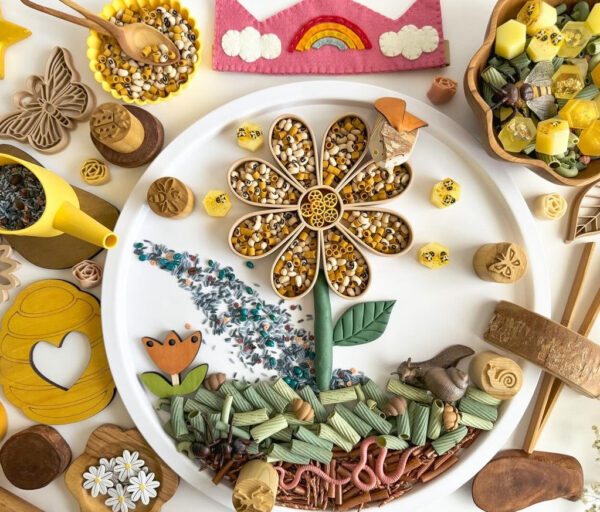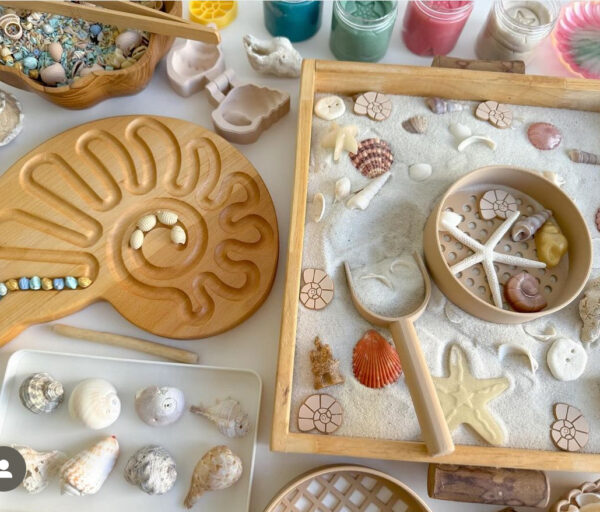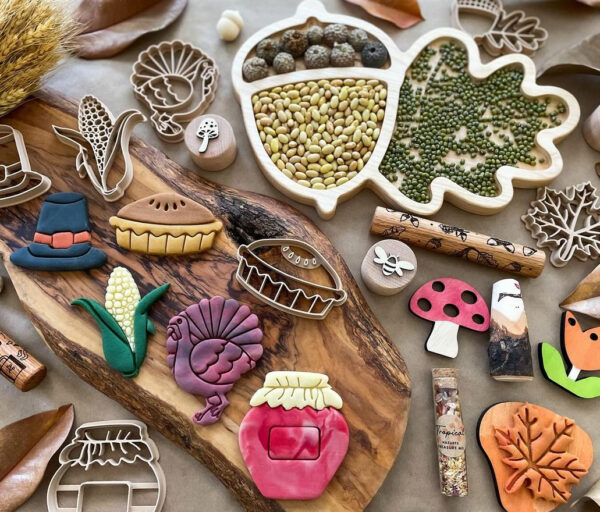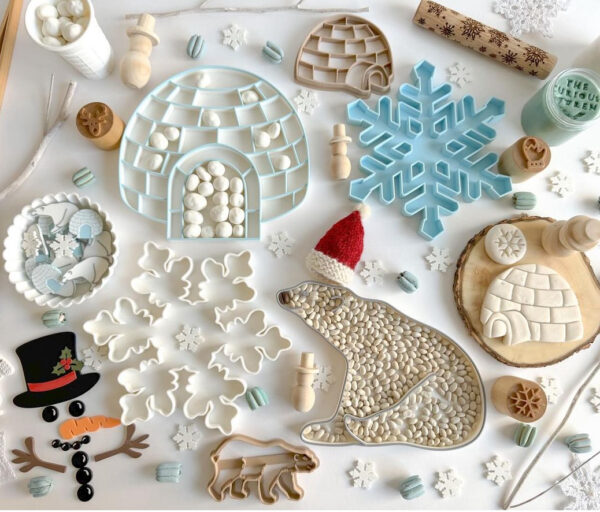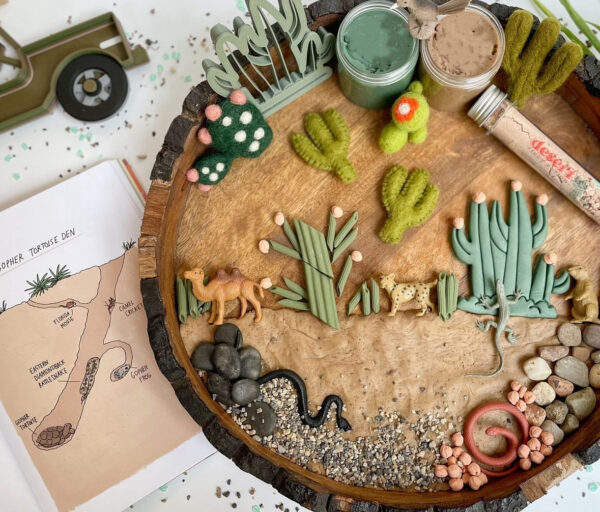We prepare children for reading and writing with a multi-sensory approach, including phonics and language experiences. Language materials are carefully sequenced, so children’s awareness of phonics rules gradually increases. Children acquire language naturally as they absorb what is spoken in their environment. They build their vocabulary through oral and written literacy. Sensory experiences with sand, paint, foam, chalk, oil pastels, and even shaving cream help keep learning letters fun. We have a blast singing, writing, tracing, drawing, hiding, and seeking our letters!
Preschool
Classroom Areas
CLASSROOM AREAS
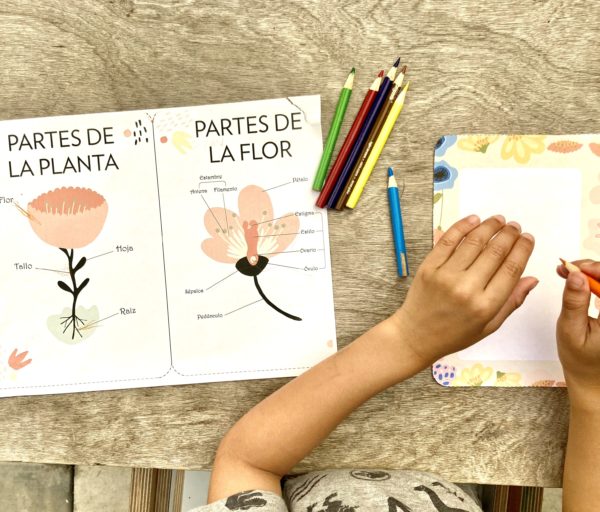
Language and Literacy
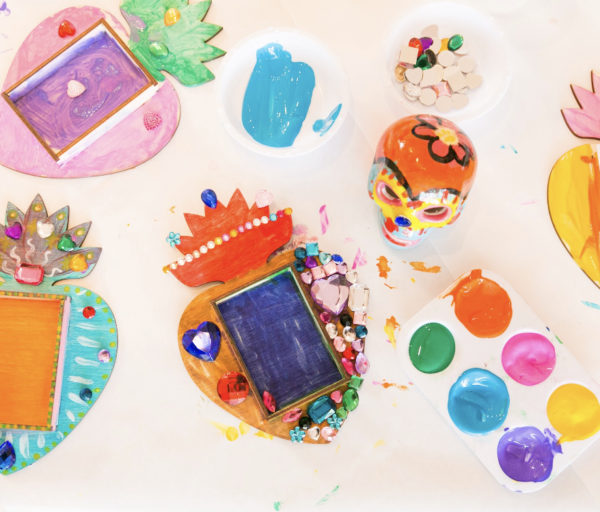
Arts and crafts
Scribbling with markers and crayons is a skill that sets the foundation for learning to write. Holding a paintbrush, stringing beads, and cutting with scissors all hone fine motor skills, which aids in things like learning to tie shoes, fasten buttons, and hold utensils. Mastering skills, completing art projects, and learning to express themselves in new ways help kids gain confidence and perseverance and practice patience. These things also help kids develop positive emotional responses to stressful situations. Painting, drawing, and sculpting help develop visual-spatial skills, especially in toddlers.
Arts and crafts
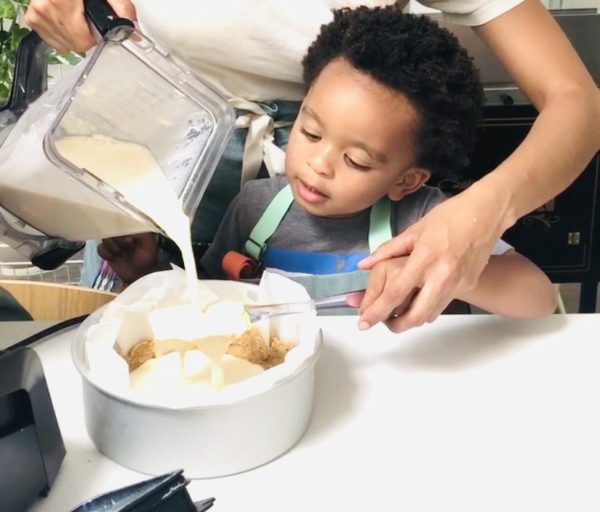
Culinary
The kitchen table begins the journey of sensory learning. Cooking engages the five senses through hands-on experiences: seeing, touching, hearing, smelling, and tasting. Cooking and baking can help young kids learn and practice basic math concepts and build vocabulary. The experience of creating meals helps build their self-confidence and lay the foundation for healthy eating habits. Our gardening and culinary curriculum also teaches us about the seasons. We explore fruits and vegetables weekly to learn about new flavors and tastes. These activities help children draw their own conclusions, form an appreciation for food, and learn the concept of cooking and baking with love!
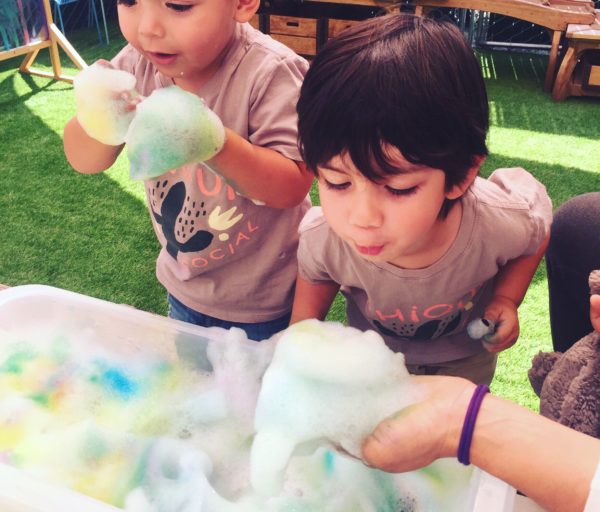
Sensory exercises
All information young children take in goes through their five senses (sight, sound, smell, taste, and touch). We design sensory activities to help refine these senses to help children achieve more detailed forms of classification in their brains. Each material isolates one defining quality such as color, weight, shape, texture, or size. Sensory materials help the child to distinguish, categorize, and relate to new information they already know.
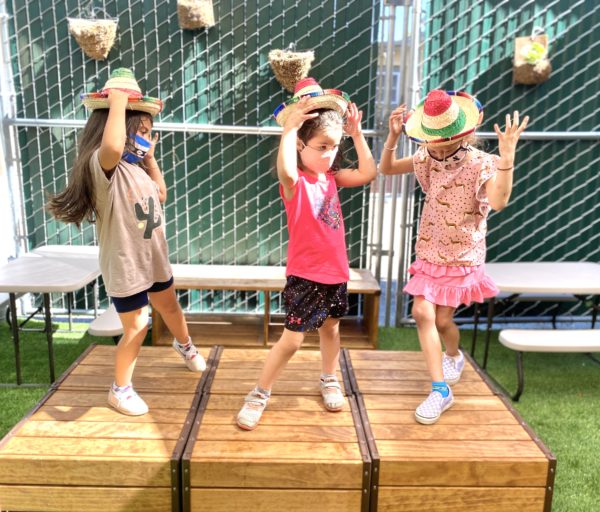
Dramatic Play
An atmosphere of work permeates the room when children are busy with free play. Play is the work of the child. They are learning to develop a rich imagination to serve their reading comprehension as they take words on the page and transform them into narrative memory. They are also learning to compromise with their peers, communicate their desires, carry tasks to completion, and problem-solve with others. These are some of the last years for them to hone these essential skills, which will deepen and guide their academic lives throughout grade school.
Dramatic Play
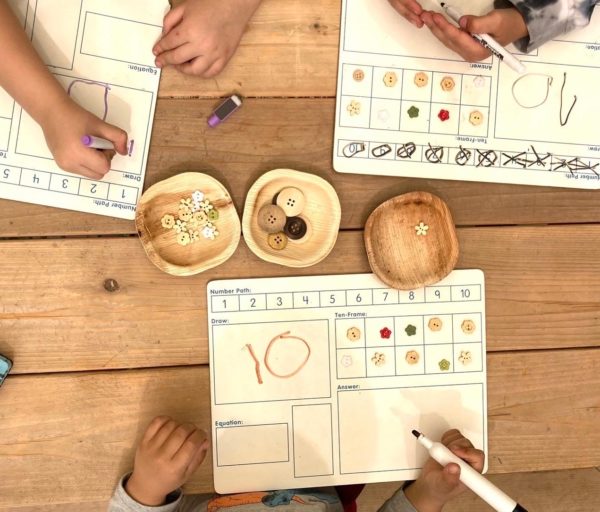
math and science
Through the use of manipulatives, games, projects, and experiments, children learn basic principles of math and the scientific process. In science, the child’s natural curiosity is stimulated through discovery projects, experiments, and exploration of our outdoor environment. Learning these concepts will help prepare them to think critically and logically for our future world problems. Your preschooler will learn how to count, find and form shapes and patterns, measure, and sorts, categorizes, and compares objects, and interacts with and learns about nature.
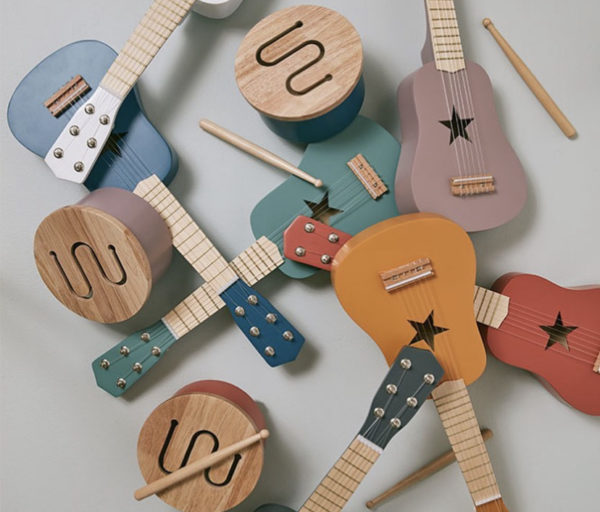
music
Music is one of the most effective ways to acquire a second language. Children are attracted to different sounds, rhythms, and musical instruments. Music help develops their minds, Spanish language, and body by learning to sing and move to the lyrics, instruments, and rhythms. Your heart will burst when you hear your chiquitos sing the traditional, classic, and heartfelt songs passed down from generation to generation throughout Latin America and Spain.
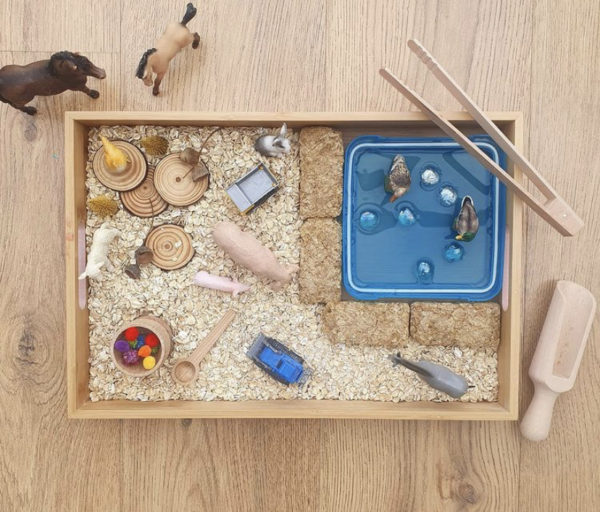
practical life
Practical life activities help children care for themselves as well as the environment around them. These activities aim to aid in discipline, organization, independence, and self-esteem through concentration on a precise and completed cycle of work. All the practices of these life lessons fall into the following categories: care of the person, care of the environment, fine motor development, gross motor skills, grace, and courtesy.
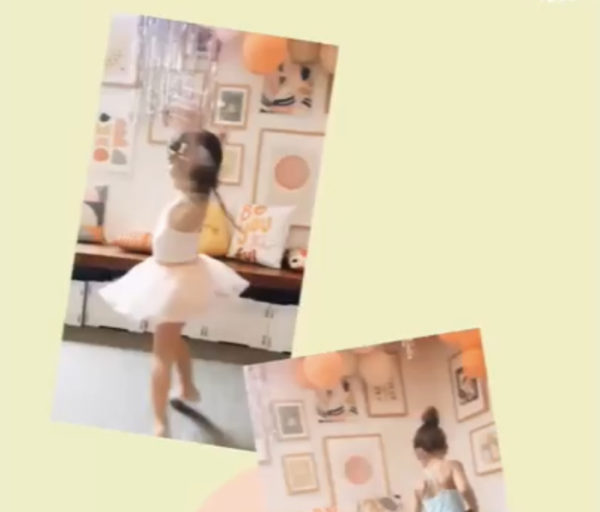
dance and movement
Movement is another creative expression where students are encouraged to use their bodies through yoga, dance, and fun obstacle courses. Children use their imagination and develop coordination and mindfulness, which is key to a child’s emotional regulation.
Day Camp
Spanish Immersion & Bilingual Camp
Programs
Join us for a fun and engaging Bilingual Spring Camp where kids ages 3-6 can learn Spanish through interactive themes. Each day, children will explore new vocabulary through crafts, songs, and games, all designed to immerse them in the language in a playful, hands-on way. Perfect for young learners, our camp fosters creativity and confidence while building Spanish skills.
March 24 – April 4: Spring
Step into a magical Spring adventure! Campers will explore the beauty of the season while learning Spanish through hands-on activities like creating flower crafts, planting seeds, building a Fairy Spring Garden, making spring-themed sensory trays, and setting up a Farmer’s Market flower stand. They’ll also explore spring fruits and veggies, all while immersing themselves in the vibrant colors and sights of the season.
April 7 – 11: Pets
Learn all about pets in Spanish! Songs, games, and creative activities such as highlight famous pets in art, like Francisco Goya’s famous painting, “The Dog.” Campers will make alebrijes, play “Match the Pet” games, act out pet charades, and identify pet sounds.
Apri l4 -18: Farm
Get ready for a trip to the farm! Campers will learn about farm animals, crops, and daily life on a farm, all while aquiring Spanish. Activities include making animal crafts, learning farm-themed songs, and playing outdoor games inspired by life on the farm. This theme helps kids expand their vocabulary while exploring the world of agriculture.
With a focus on communication, conversation, and classic summertime fun, chiquitos—both native and non-native Spanish speakers—learn and grow together in our Spanish Immersion Camp.
This summer, we’ll embark on a journey through Latin America, exploring Spanish-speaking countries like Costa Rica, Argentina, Puerto Rico, Mexico, Peru, Ecuador, Colombia, Cuba, Bolivia, Honduras, and Guatemala.
Our holistic approach to language acquisition begins by creating rich, open-ended experiences that invite campers to express themselves freely and think creatively. Through play and exploration, children tap into their natural understanding of Spanish, using what they know to build new ideas and connections.
As they dive into hands-on projects, we practice mindfulness to nurture awareness, resilience, and flow. Campers enjoy a wide range of activities, including art, cooking, music, science, building, creative writing, drawing, movement, outdoor play, water days, and games.
Camp fosters joyful social interaction and leaves a lasting impact on confidence, creativity, and cultural awareness. Together, our chiquitos discover more about themselves, each other, and the world around them.
Our Thanksgiving Day Camp offers a festive and educational experience for children, featuring a full Spanish Immersion program and a bilingual option.
Kids will create Thanksgiving and fall-themed arts and crafts, explore festive songs, and play simple instruments while participating in rhythm-building games. They’ll also enjoy fun activities like turkey trot races and scavenger hunts.
Our camp blends creativity, learning, and holiday traditions for a fun and enriching experience!
December 16 – 27
Welcome to our bilingual and Spanish Immersion Winter Camp.This camp offers a fun blend of language learning, cultural exploration, and winter activities. With the support of passionate bilingual educators, children will enjoy interactive storytelling, festive crafts, and traditional games—all designed to make learning Spanish a joyful experience. They’ll also discover Hispanic holiday customs, fostering a global perspective. Join us for a winter filled with laughter, learning, and fun! ¡Bienvenidos a la diversión invernal! (Welcome to winter fun!)
Our on-demand childcare services provide flexible drop-in care for children ages 2.5 to 6 years old. Choose between our Spanish Immersion or Bilingual tracks, both designed to nurture language development through engaging and interactive activities.
This service is perfect for parents seeking occasional care, such as on school holidays, while ensuring their child enjoys a rich, language-focused environment.
THE DETAILS
WHEN: June 16 – August 29
WHO: Ages 3 – 6 (1:7 Ratio)
COST: $500/week 8:30 – 3:00 PM | $175/week 3:00 – 5:00 PM
WHERE: 12306 Venice Blvd. Los Angeles, CA 90066
WHAT TO BRING: snack, lunch, and water bottle, bathing suit and towel for water days.
THE SCHEDULE
8:30 – 9:15 AM ARRIVAL | WELCOME
9:30 AM MORNING MEETING
10:00 AM MORNING SNACK
10:30 AM WORKSHOP #1 (arts and crafts)
11:30 AM CHOICE OF ACTIVITY CENTERS OR GROUP GAMES
12:00 PM LUNCH & BATHROOM BREAK + PLAY
12:45 PM REST/QUIET TIME/NAP. (NAPPERS WILL NAP UNTIL 2:00 PM)
1:15 PM WORKSHOP #2 (Cultural project)
2:30 PM AFTERNOON SNACK PROVIDED BY CS + INDEPENDENT PLAY
3:00 PM PICK UP
3:00 – 5:00 PM EXTENDED CARE
LUNCH
A rotation of chicken sliders, mac and cheese, quesadillas, pupusas, taquitos, pizza, chicken pot pies, pasta & broccoli, chicken tenders, chicken and rice, turkey and cheese sandwiches. Served with carrots, fruit and organic milk.
$10 per day
DAY CAMP
Enrichment
Day Camp (OLD)
Inquire
[contact-form-7 404 "Not Found"]
 close
close